Authors: Dylan Achey & Dwayne Stradford | janvier 2, 2024
Prochaines étapes
Pour garder une longueur d’avance sur les problèmes de risque de fiabilité et sur toute autre obligation de conformité imposée par la FERC, TRC recommande à votre entreprise d’examiner le rapport Elliott et le rapport d’alerte de niveau 3 afin d’évaluer les implications des recommandations pour votre entreprise respective et ses fonctions dans le réseau électrique.
Ressources
 Rapport sur la tempête hivernale Elliott
Rapport sur la tempête hivernale Elliott
Publié novembre 7, 2023
 Conclusions de la NERC sur les mesures essentielles de niveau III pour les préparatifs par temps froid pour l’alerte d’événements de temps extrêmement froid (nerc.com)
Conclusions de la NERC sur les mesures essentielles de niveau III pour les préparatifs par temps froid pour l’alerte d’événements de temps extrêmement froid (nerc.com)
Publié novembre 3, 2023
 Conformité à la NERC pour les exploitants et les propriétaires de générateurs inscrits
Conformité à la NERC pour les exploitants et les propriétaires de générateurs inscrits
Publié Décembre 14, 2023
 Mise à jour réglementaire de la CVR sur les normes de temps froid de la NERC
Mise à jour réglementaire de la CVR sur les normes de temps froid de la NERC
Publié avril 25, 2023
Votre conseiller en réglementation de confiance
TRC suit de près les tendances réglementaires nationales, provinciales et étatiques dans toutes les régions de l’Amérique du Nord. Notre approche en matière de sécurité des systèmes d’alimentation, d’ingénierie, de planification, de conception, de construction et de mise en service, équilibre les solutions qui intègrent les tendances des risques de fiabilité de l’industrie, les exigences obligatoires en matière de normes de fiabilité, les directives réglementaires, les obligations de conformité, les meilleures pratiques, les objectifs opérationnels et les budgets. Grâce à son expertise en planification, en ingénierie et en exploitation des réseaux électriques, TRC soutient les services publics et les fournisseurs d’énergie privés dans leurs efforts pour garder une longueur d’avance sur la courbe réglementaire et pour respecter ou dépasser les exigences réglementaires à mesure qu’elles évoluent.
Cette mise à jour réglementaire est fournie à titre de service aux clients des services publics de TRC, vous aidant à vous tenir au courant des problèmes prospectifs qui auront une incidence sur les risques de fiabilité du réseau électrique de votre entreprise ainsi que des sujets connexes concernant les développements réglementaires, pour vous aider à atteindre les objectifs commerciaux de votre entreprise.
Partager nos perspectives
Nos praticiens partagent leurs idées et leurs points de vue sur les tendances et les défis qui façonnent le marché.
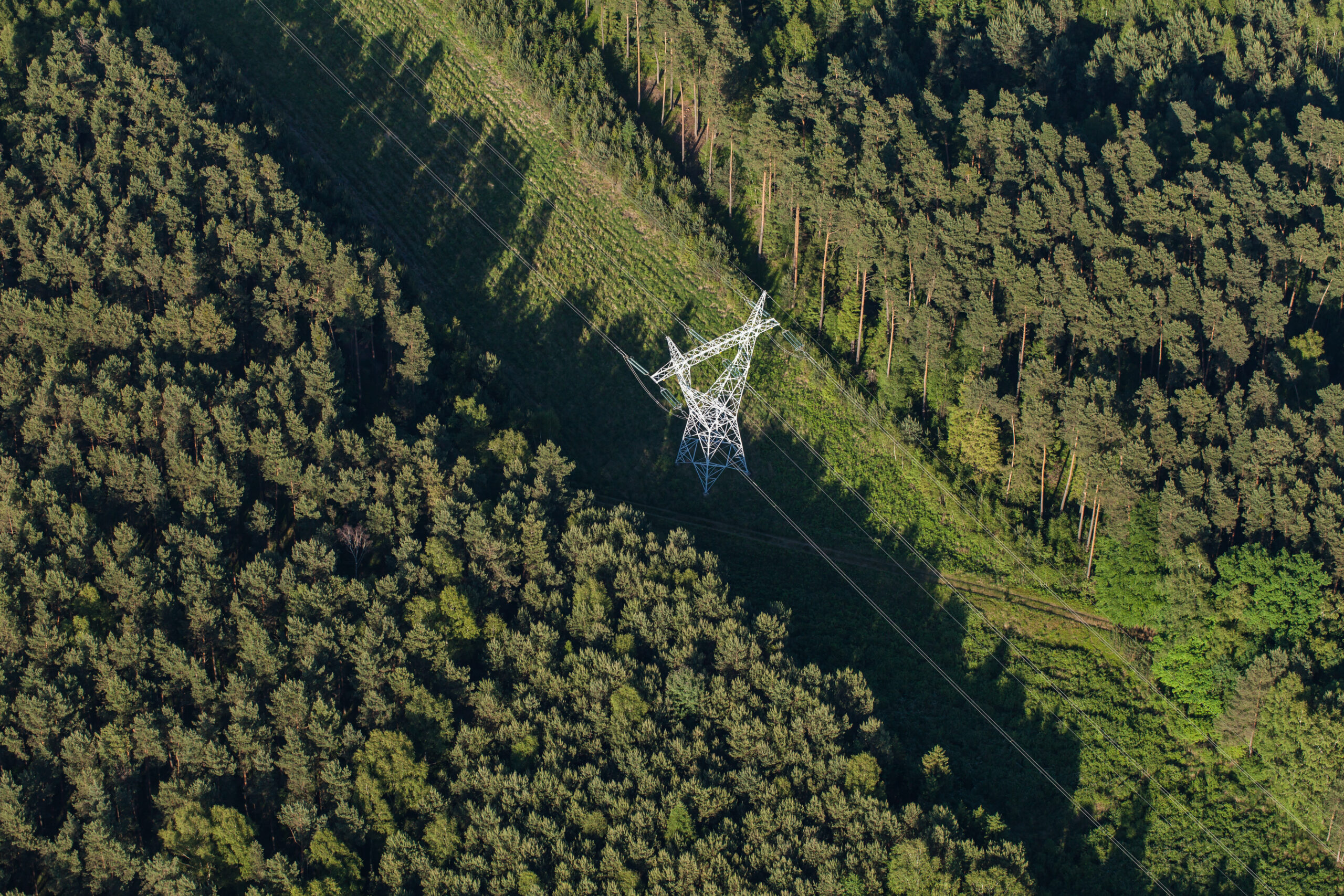
NERC Compliance Conversation: Smarter Vegetation Management Under FAC-003-5
juin 19, 2025
Discover why now is the ideal time for utilities to deploy AMI 2.0, unlocking real-time data, operational efficiency and grid modernization benefits.

Enhance Security Planning and Reporting with Key Takeaways from NERC’s 2024 Cyber Report
mai 30, 2025
NERC has issued its 2024 Cyber Security Report, reviewing reported incidents related to Reliability Standard CIP-008-6.

Challenges Surround Approval of PRC-029-1
avril 30, 2025
Approved by the Board of Trustees in 2024, NERC’s PRC-029-1 standard sets inverter-based resources (IBR) performance requirements ensuring they can “withstand voltage or frequency disturbances inside defined limits” and can “continue operating as specified.”
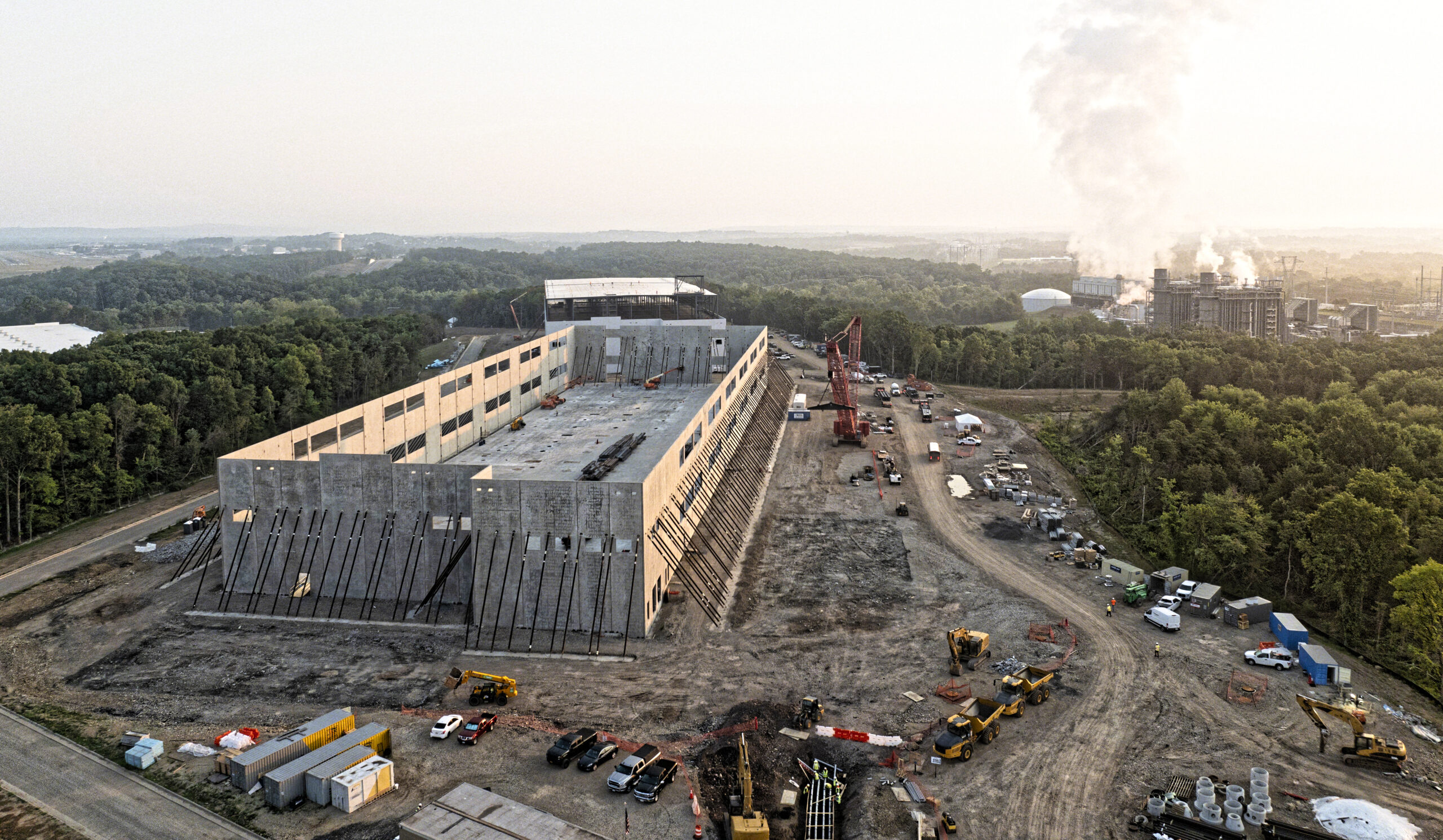
FERC Examines Co-Located Load and Generation Rule
avril 21, 2025
Since FERC hosted its technical conference in late 2024, many industry stakeholders have submitted their comments addressing how to study and potentially regulate new co-located load and generation.

Cybersecurity Threats Lead NERC to Modify CIP Standards
mars 11, 2025
Cybersecurity threats to the Bulk Electric System (BES) are escalating, with attackers continuously evolving their tactics to target critical infrastructure.

Large Data Center Load Loss Calls for System Impact Studies
mars 3, 2025
On January 8, 2025, NERC released its review of an incident where the sudden loss of approximately 1,500 MW of data center load in Virginia exposed major reliability vulnerabilities in the Bulk Electric System (BES). This unanticipated event triggered voltage spikes and frequency imbalances, highlighting the need for system planners and operators to anticipate and mitigate these risks nationwide

NERC Approves New Extreme Weather Planning Standard
janvier 22, 2025
On December 10, 2024, NERC’s Board of Trustees approved standard TPL-008-1 Transmission System Planning Performance Requirements for Extreme Temperature Events. The petition to approve the TPL-008-1 standard was filed with the Federal Energy Regulatory Commission (FERC) on December 17, 2024 and will initiate the implementation plan upon final approval.

La FERC publie des directives pour améliorer la sécurité du réseau électrique et la conformité au CIP
septembre 30, 2024
Cette mise à jour fournit des détails du rapport du personnel de la FERC 2024 sur les audits CIP, afin que les services publics puissent améliorer la conformité et réduire les risques pour la sécurité.
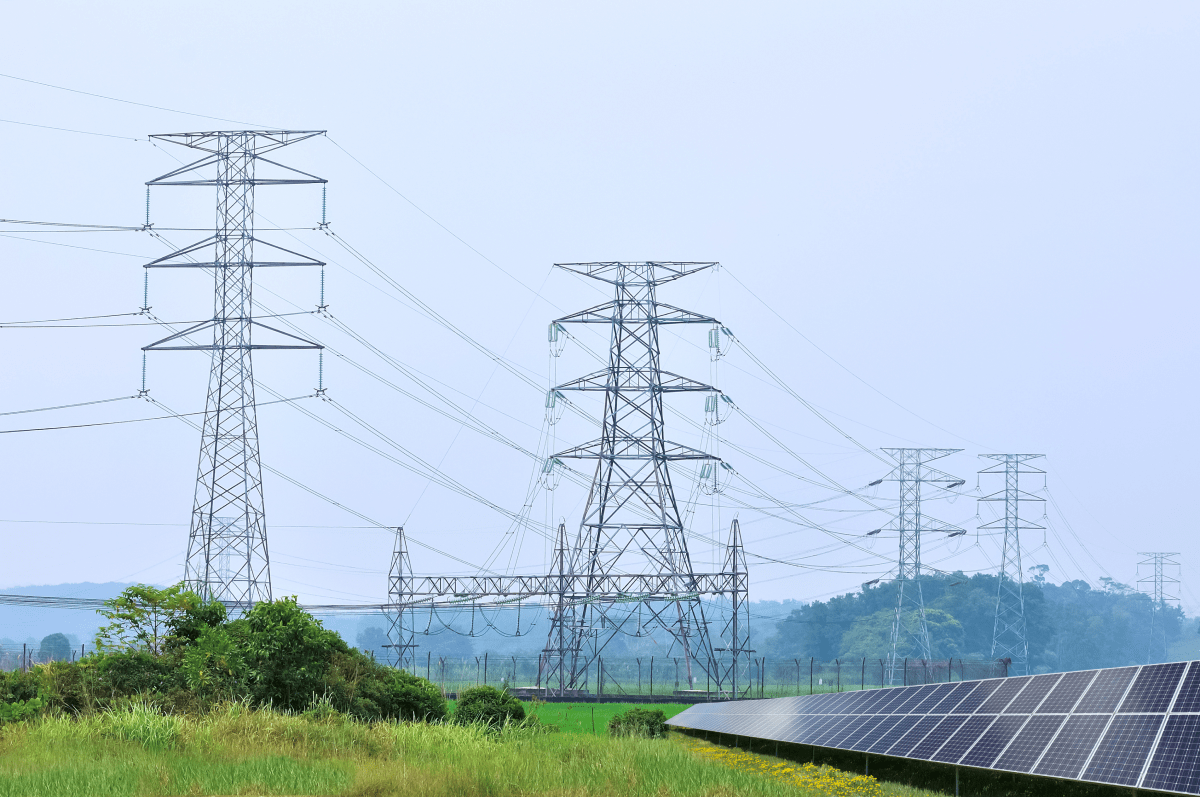
La NERC publie son rapport sur l’état de fiabilité 2024
septembre 19, 2024
La North American Electric Reliability Corporation (NERC) a récemment publié son rapport sur l’état de fiabilité 2024, examinant le rendement du réseau électrique au cours de l’année civile 2023.

Conformité des évaluations des installations grâce à une approche de la communauté d’entreprise
août 30, 2024
Les cotes d’installation jouent un rôle essentiel dans la planification et l’exploitation fiables du système électrique en vrac (BES) et pourtant, le maintien de la conformité aux normes NERC pertinentes reste un défi de l’industrie.

Les perturbations géomagnétiques extrêmes ont une incidence sur la planification de la NERC
août 8, 2024
Renseignez-vous sur les récentes perturbations géomagnétiques qui ont amené les intervenants du réseau électrique en vrac à réagir rapidement pour protéger la fiabilité du réseau. Découvrez les impacts et ce que la NERC et l’industrie font à ce sujet.

Preuves de conformité cohérentes de la NERC pour les résultats de la vérification réussie
juin 27, 2024
Alors que les services publics travaillent souvent dans des silos techniques, les auditeurs NERC sont formés pour vérifier les preuves de conformité et les données entre les normes interdépendantes.

Les nouvelles normes de la NERC aident à se protéger contre les cyberattaques
mai 23, 2024
Dans le cadre des efforts continus de la NERC pour renforcer les exigences en matière de protection des infrastructures essentielles (CIP) et permettre la mise en œuvre d’un concept d’amélioration de la sécurité connu sous le nom de virtualisation.

Succès de la conformité nerc grâce à une approche de la communauté d’entreprise
mai 6, 2024
Alors que les services publics travaillent souvent dans des silos techniques, les auditeurs NERC sont formés pour vérifier les preuves de conformité et les données entre les normes interdépendantes. Le travail en silo mène souvent à des situations par inadvertance où les preuves de conformité d’une norme sont utilisées, mais incompatibles avec l’information produite ou utilisée par d’autres normes. Pour assurer l’atteinte des objectifs de déclaration des preuves de conformité dans chaque norme et exigence applicable, il est important de déterminer les interrelations et de créer un cadre où les experts en la matière (PME) de toutes les disciplines techniques tiennent compte des exigences en matière de cohérence des données probantes. Les auditeurs de conformité nerc sont également formés pour examiner les flux de processus et identifier s’ils sont complets ou incomplets. Les vérificateurs déterminent la pertinence de l’information en examinant la qualité et l’exhaustivité des preuves de conformité. Examiner la pertinence, la validité, l’uniformité et la fiabilité des éléments probants utilisés pour atteindre les objectifs de fiabilité de la vérification et appuyer leurs constatations et conclusions. Si des éléments probants contradictoires sont trouvés, ils l’identifieront dans les conclusions officielles de leur rapport de vérification de l’entité régionale (ER), ce qui pourrait entraîner une violation de la conformité et des amendes connexes. Afin d’améliorer la probabilité de résultats favorables de la vérification de la conformité de la NERC et d’éviter la nécessité de mettre en œuvre des plans d’atténuation, les contributeurs individuels et les PME devraient examiner certaines preuves de conformité réticulées pour assurer l’uniformité entre les approches utilisées pour consigner les preuves de conformité. Cela permettra à une entreprise de consacrer plus de temps à l’exécution des tâches de fiabilité de base et d’améliorer les obligations réglementaires de l’entreprise. Évitez d’attendre que les vérifications de conformité des ER soient en cours pour identifier les situations de preuves contradictoires.

La NERC propose des modifications aux critères d’inscription des ressources basées sur les onduleurs (IBRs)
avril 19, 2024
La NERC a soumis à l’approbation de la FERC de nouveaux critères de conformité pour l’enregistrement des RCI dans le cadre des efforts continus visant à réduire les risques de fiabilité. Il est essentiel que les développeurs d’énergie renouvelable, les propriétaires de production et les propriétaires de réseaux de transport comprennent les implications potentielles pour les études d’interconnexion et les files d’attente d’interconnexion.
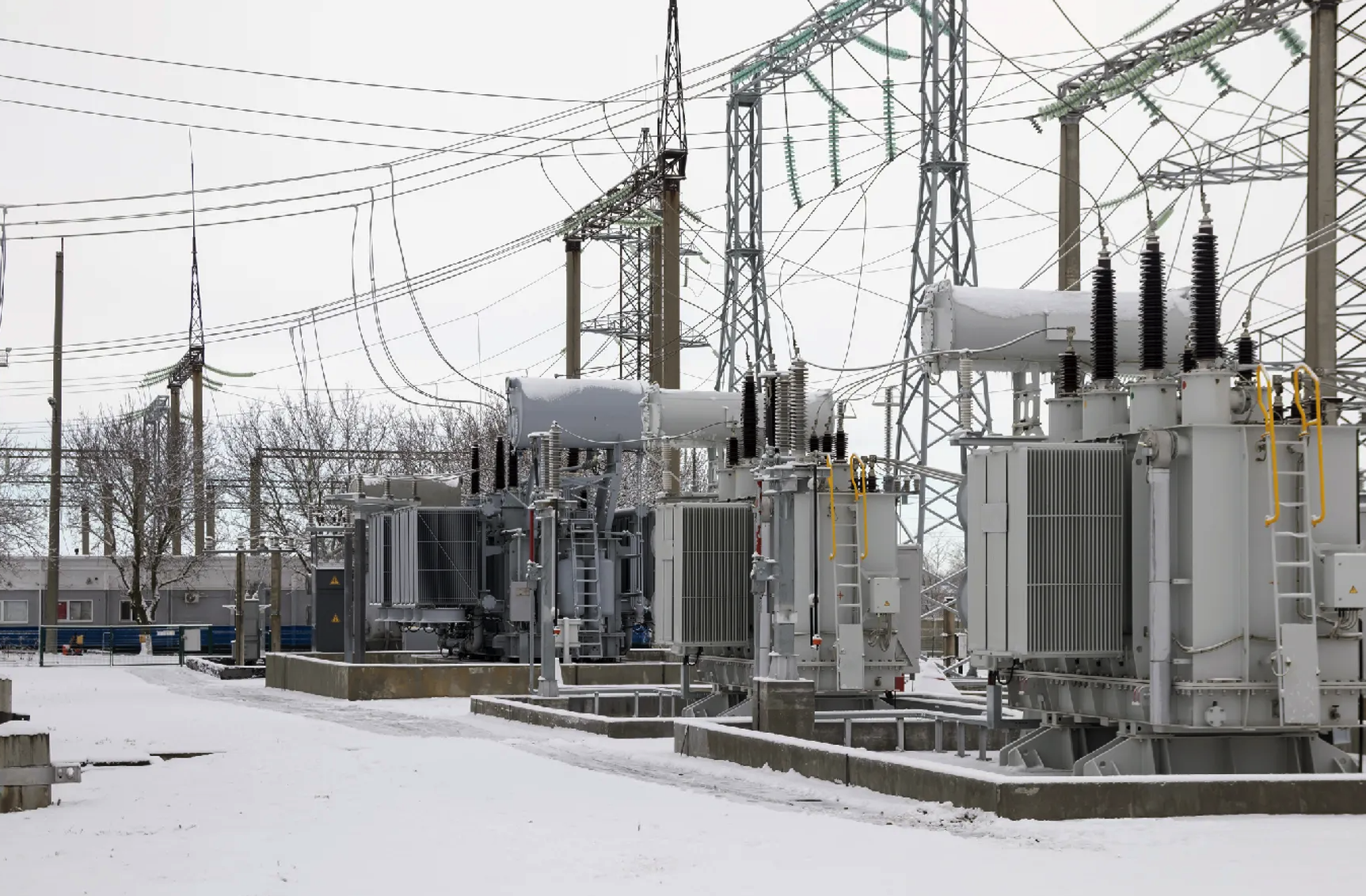
La NERC propose des clarifications aux normes de temps froid de l’EOP
mars 26, 2024
La NERC a soumis des propositions de révision à la norme EOP-012-2 – Norme de préparation et d’exploitation par temps extrêmement froid, aux fins d’approbation par la FERC sur une base accélérée. Les révisions proposées tiennent compte des recommandations clés restantes du rapport d’enquête conjoint de la FERC et de la NERC sur la tempête hivernale Uri et des directives découlant d’un arrêté de la FERC de 2023 concernant les normes de temps froid soumises précédemment.

La mise à jour du FAC-003-5 apporte des changements radicaux aux classifications de transmission à compter du 1er avril
mars 19, 2024
La mise à jour du FAC-003-5 apporte des changements radicaux aux classifications de transmission à compter du 1er avril

Prévenir les échecs de conformité nerc avec les examens de l’état de préparation
février 20, 2024
Chaque service public enregistré auprès de la NERC doit s’efforcer de se conformer en permanence à son portefeuille de normes de fiabilité NERC applicables
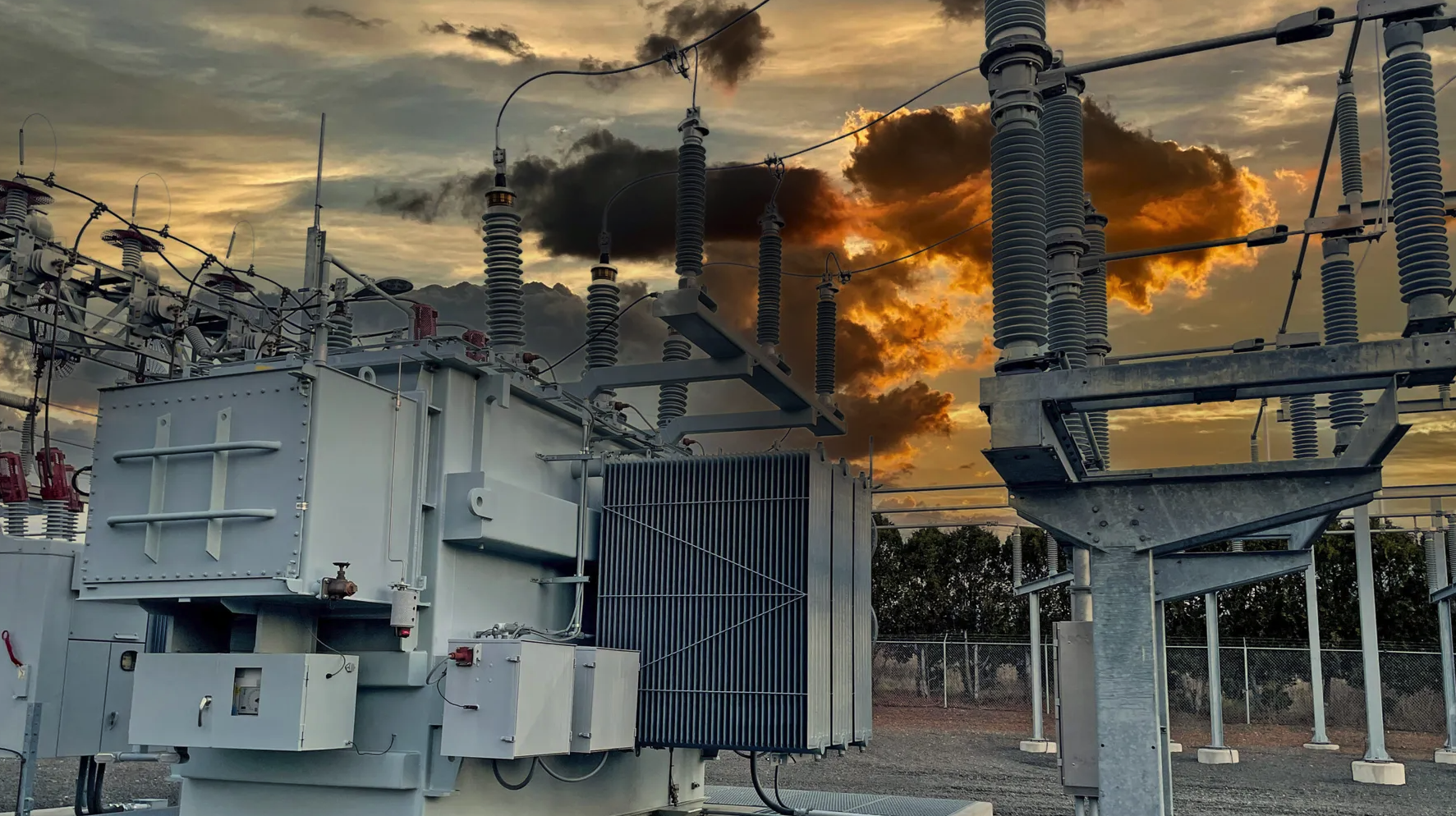
La NERC publie le plan d’élaboration des normes 2024-2026
janvier 26, 2024
La NERC a soumis son plan d’élaboration de normes de fiabilité 2024-2026 à la Federal Energy Regulatory Commission (FERC), décrivant ses priorités actuelles et ses futurs plans d’élaboration de normes pour protéger la fiabilité du réseau électrique en vrac au cours des trois prochaines années.

La NERC et la FERC publient le rapport sur la tempête hivernale Elliott
janvier 2, 2024
La NERC et la FERC ont publié leur rapport final sur la tempête hivernale Elliott, qui fournit un renforcement pour les recommandations dans les rapports antérieurs d’événements de perturbation liés au temps froid. Le rapport fait état de lacunes critiques en matière de rendement en matière de fiabilité et des quasi-accidents liés à la fiabilité. La NERC affirme qu’une crise a été « évitée de justesse ». Le rapport décrit les mesures que l’industrie doit prendre pour éviter une répétition à l’avenir.

L’ordonnance 901 de la FERC demande des normes pour combler les lacunes en matière de fiabilité de l’IBR
novembre 27, 2023
Les ressources basées sur les onduleurs jouent un rôle central lorsqu’il s’agit d’ajouter une nouvelle capacité de production d’électricité dans le système d’alimentation en vrac.

La NERC publie une série de webinaires sur les ressources basées sur les onduleurs
octobre 19, 2023
Alors que le système de distribution d’électricité continue d’évoluer rapidement en raison des initiatives de politique de décarbonisation, les ressources basées sur des onduleurs (IBRs) jouent un rôle de plus en plus important dans les ajouts de production au système d’alimentation en vrac. La NERC et d’autres organisations techniques ont pris de nombreuses mesures pour appuyer l’intégration fiable de ces ressources.
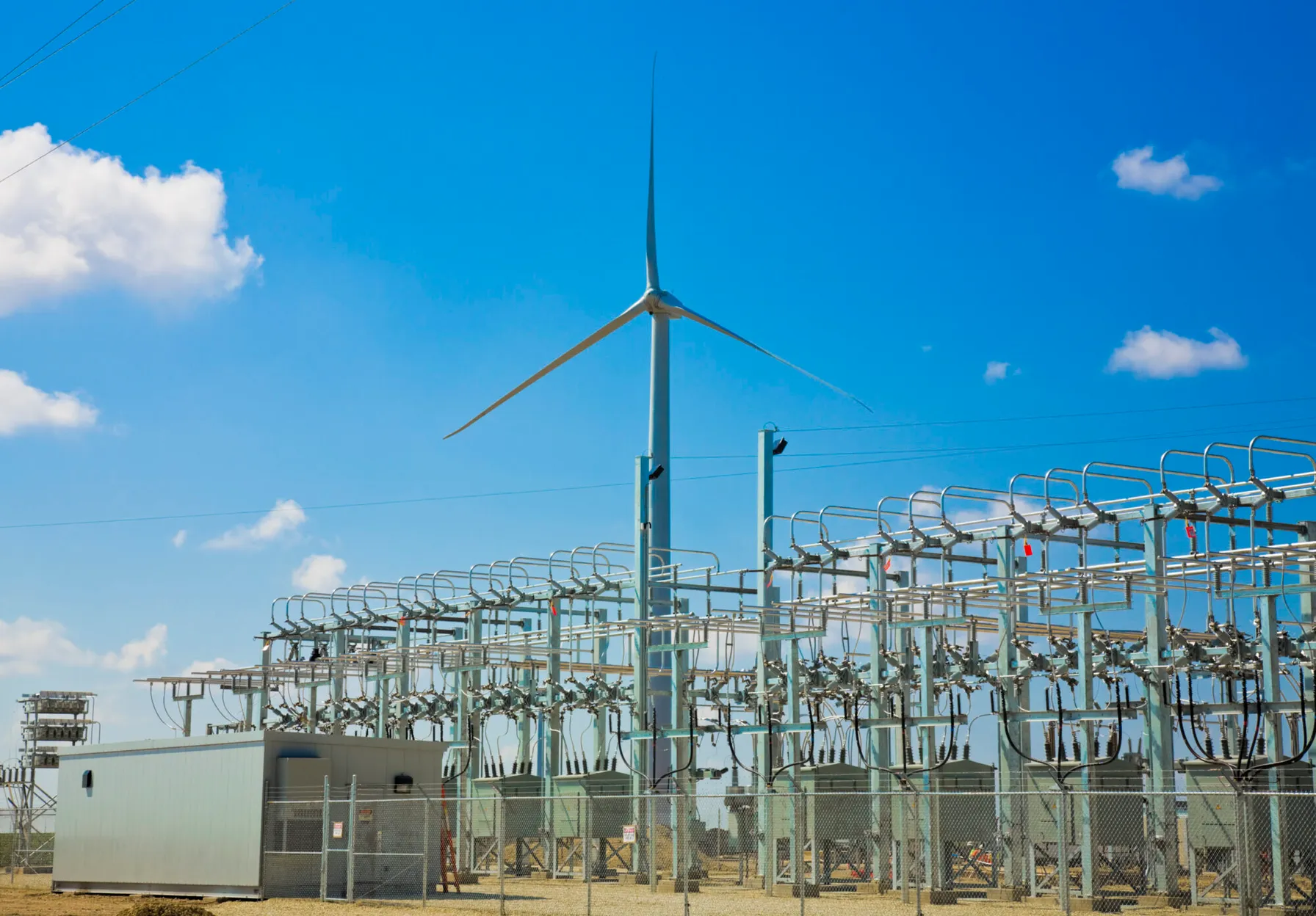
FERC Issues Order 2023 to Resolve Interconnection Process Issues
septembre 25, 2023
The Federal Energy Regulatory Commission has approved Order 2023 to facilitate and improve the speed and reliability of adding new energy resources to the power system

CFATS Program Expires but Reauthorization Anticipated this Fall
septembre 6, 2023
Regulated organizations should continue to follow DHS cybersecurity requirements.
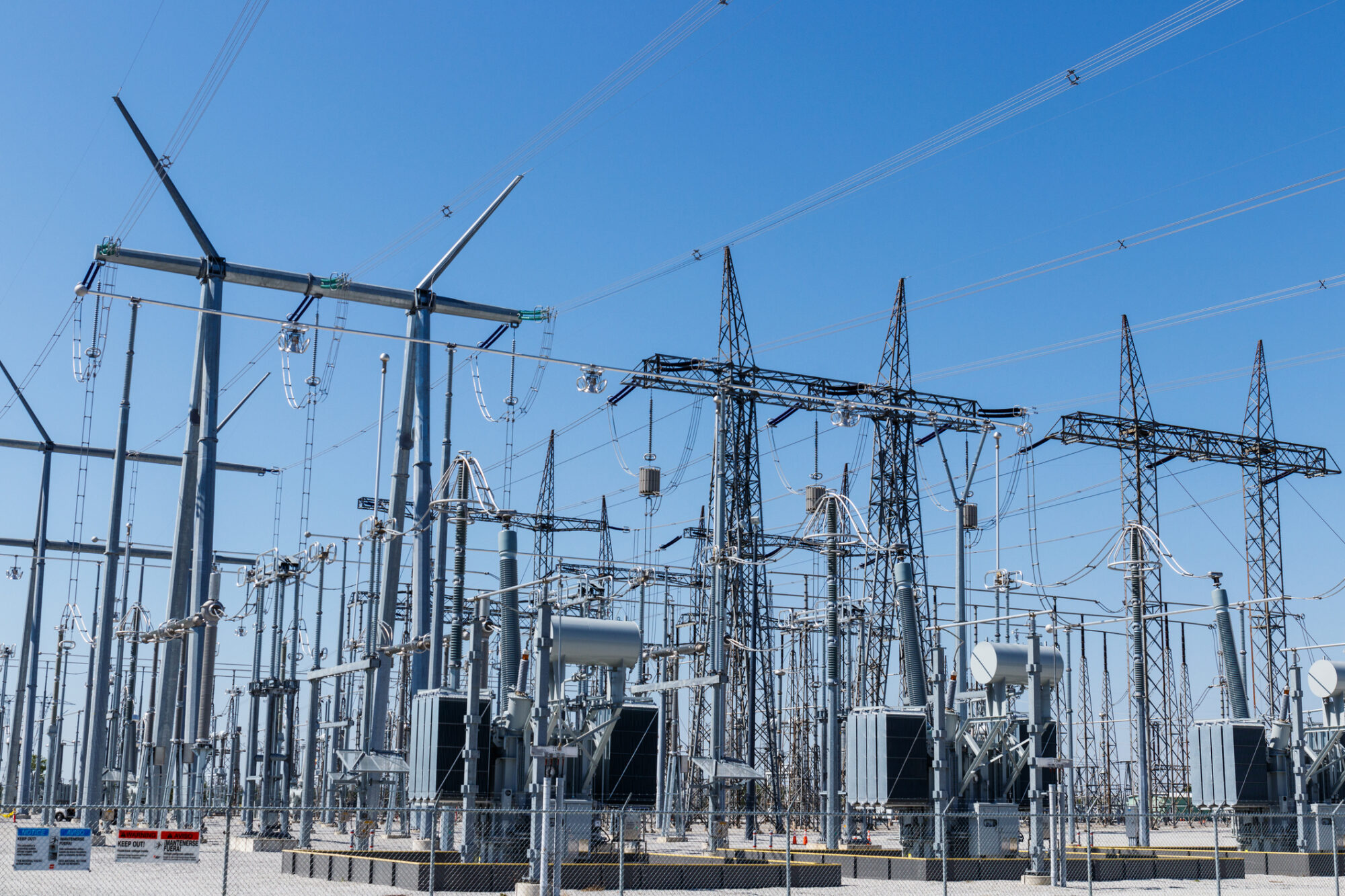
FERC Hosts Technical Conference on the Effectiveness and Improvements to CIP-014-3
août 30, 2023
Expert Discussions and Key Takeaways Focus on Physical Security
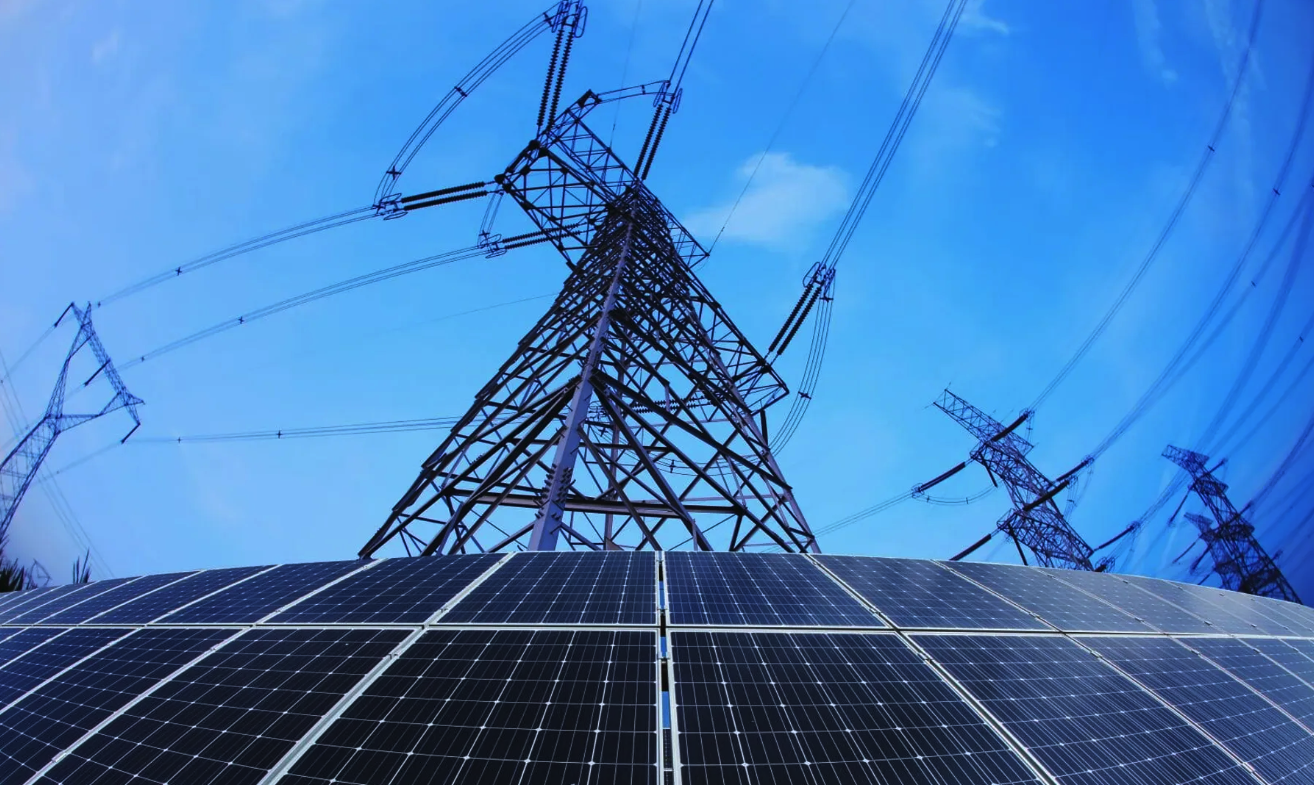
Intro to NERC Regulatory Guidance on Inverter-Based Resources
août 29, 2023
As renewable energy proliferates across the US power system, the North American Electric Reliability Corporation (NERC) continues to actively address reliability risks resulting from the implementation of inverter-based resources (solar and wind generation technology) connected at both transmission and Distributed Energy Resources (DER) levels.
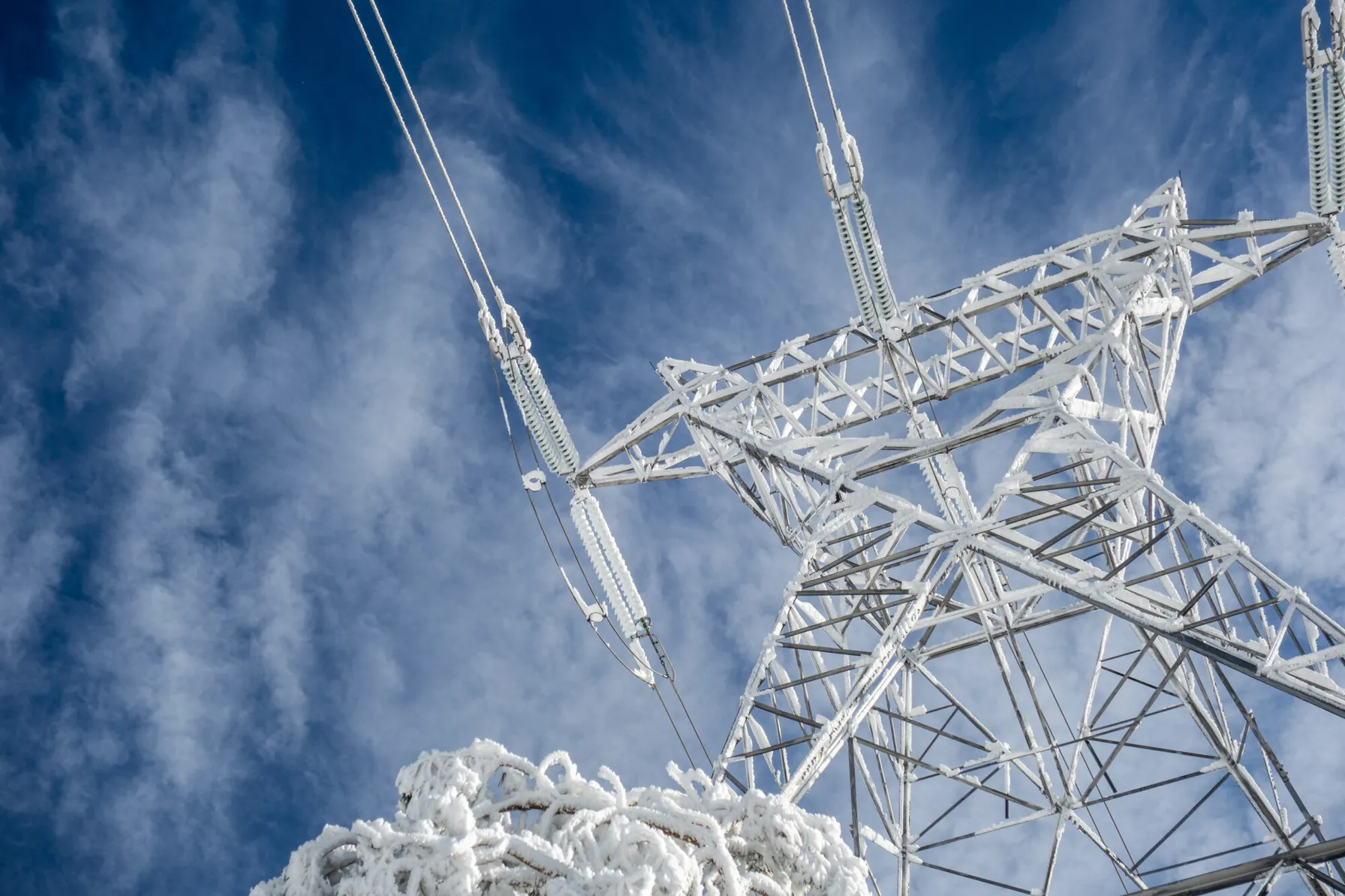
FERC Extreme Weather Initiative Will Change the Transmission Planning Process
juillet 26, 2023
FERC issued a Final Rule directing NERC to develop a new or modified reliability standard addressing transmission system planning performance requirements for extreme heat or cold weather events.

FERC Approves Plan to Register Certain Inverter-Based Resources as part of NERC Mandatory Standards Compliance Program
juin 21, 2023
FERC issued an order approving NERC’s compliance filings.
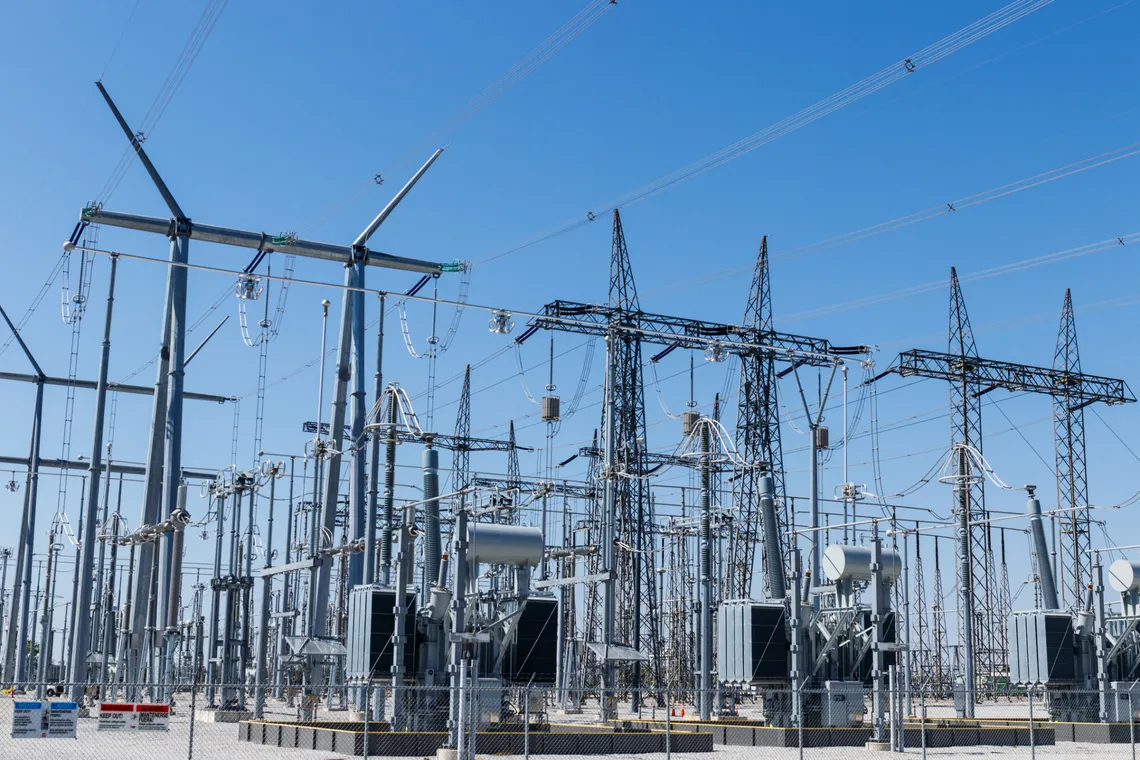
NERC Files Report on Effectiveness on CIP-014 Physical Security Standard
mai 25, 2023
On behalf of the North American Electric Reliability Corporation (NERC), its President and CEO Jim Robb, recently presented to the Federal Energy Regulatory Commission (FERC) a summary of NERC’s report on the effectiveness of NERC’s CIP-014 Physical Security Standard. There were almost 1,700 physical security incidents reported to the Electricity-Information Security Analysis Center (E-ISAC) in 2022, an increase of 10.5% from 2021.
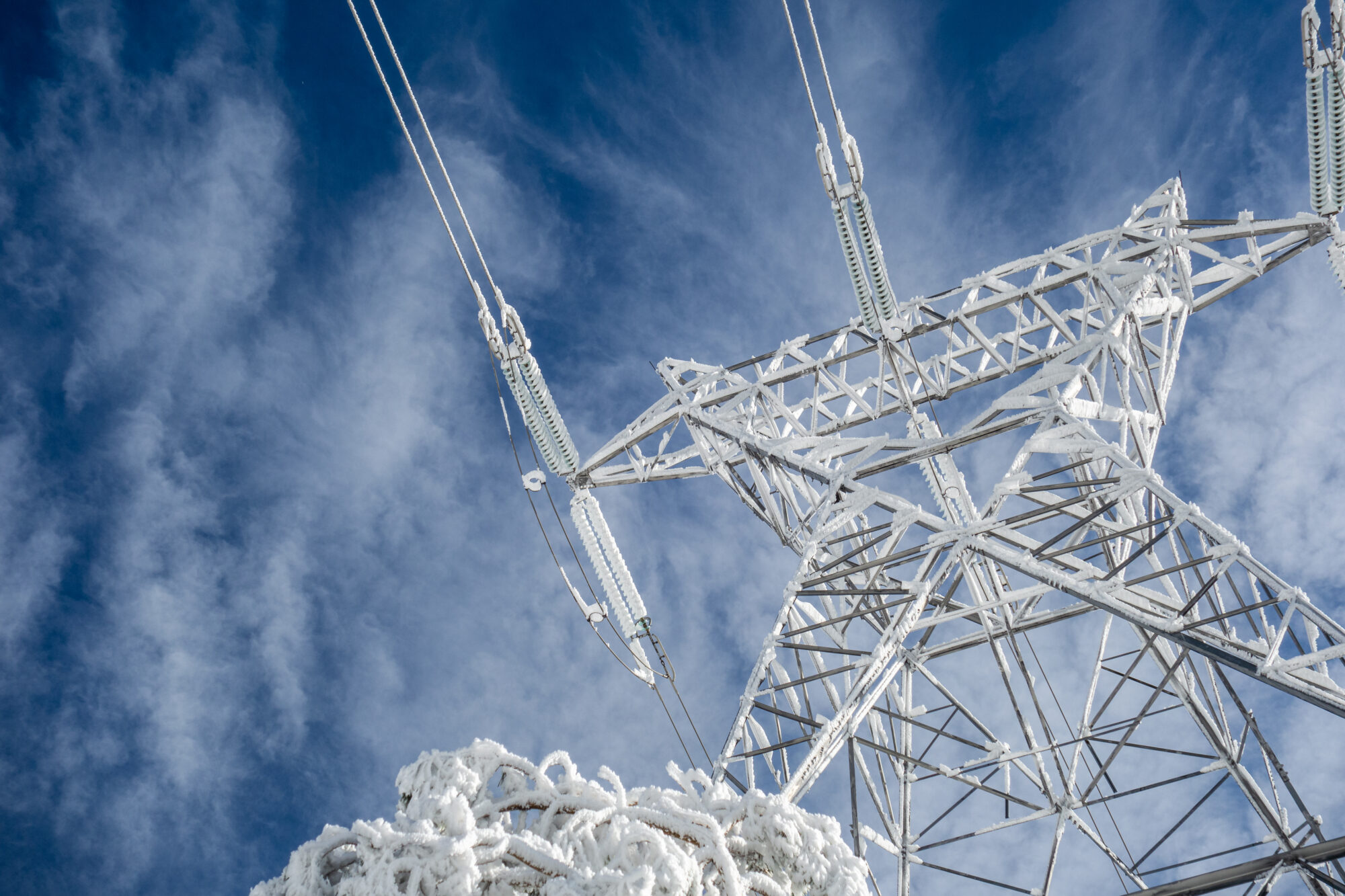
FERC Issues Order on Cold Weather Reliability Standards
avril 27, 2023
FERC has approved two NERC proposed cold weather-related reliability standards.
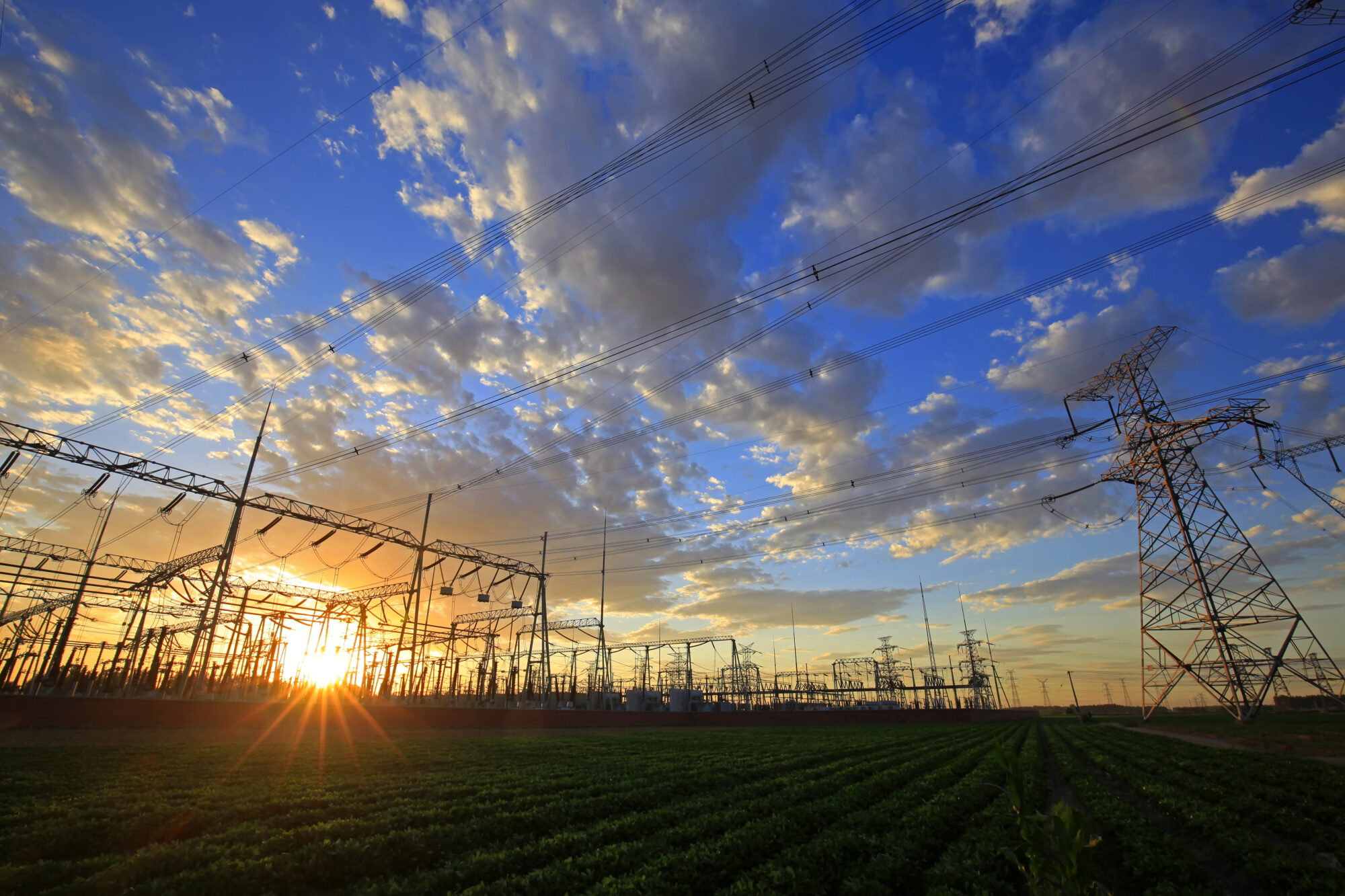
FERC Orders Internal Network Security Monitoring Rule to be Finalized
mars 14, 2023
FERC directed NERC to develop Reliability Standards to implement INSM within trusted CIP environments.

Insights from the Odessa II Power System Disturbance
février 22, 2023
NERC and TRE release the Odessa II Power System Disturbance Report
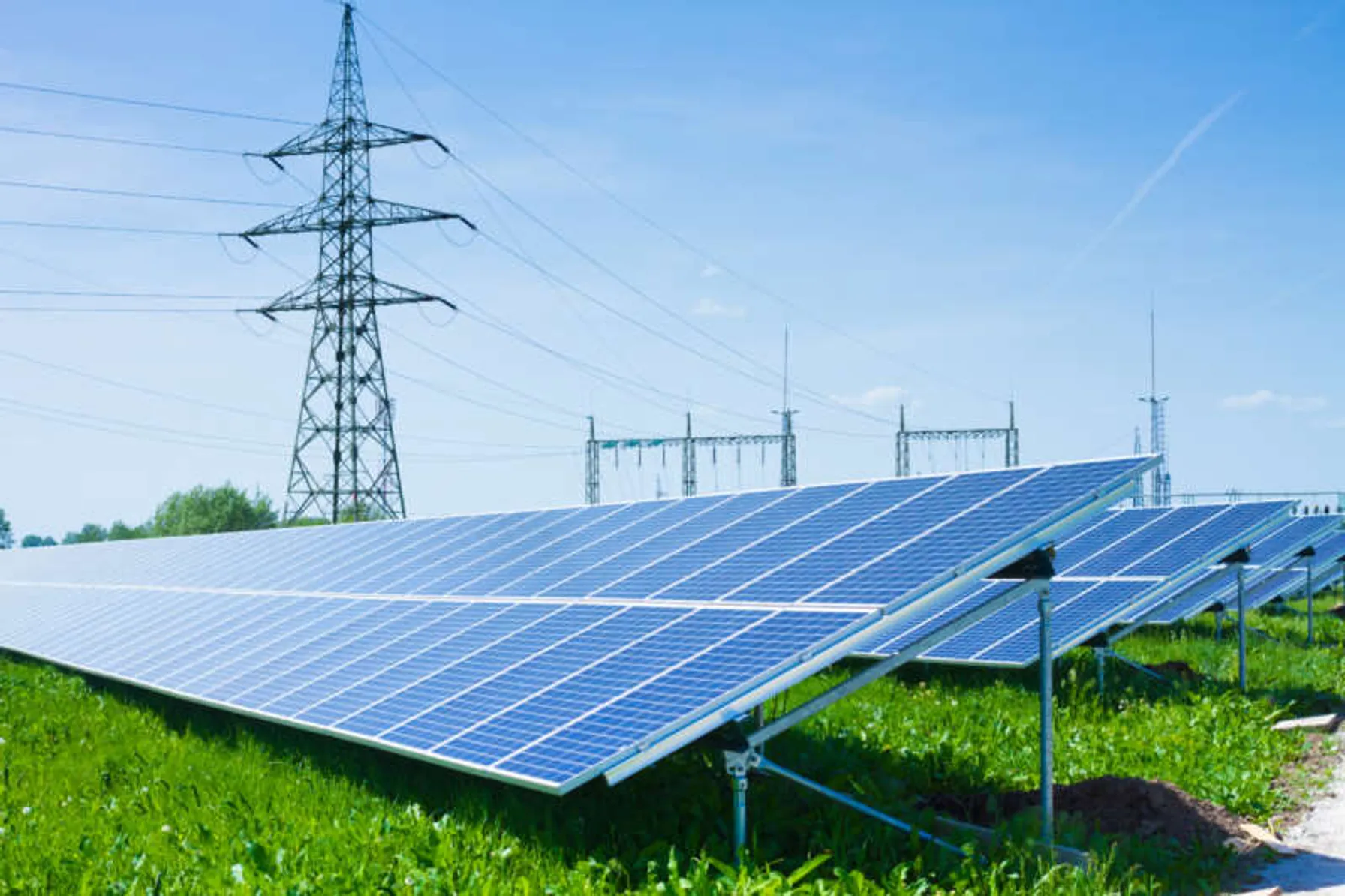
New FERC Orders Will Change Regulatory Process for Inverter Based Resources
janvier 9, 2023
The Federal Energy Regulatory Commission (FERC) recently proposed actions to keep the regulatory process and requirements ahead of reliability risks resulting from the accelerated deployment of Inverter Based Resources (IBR) based solar, wind and battery storage projects.
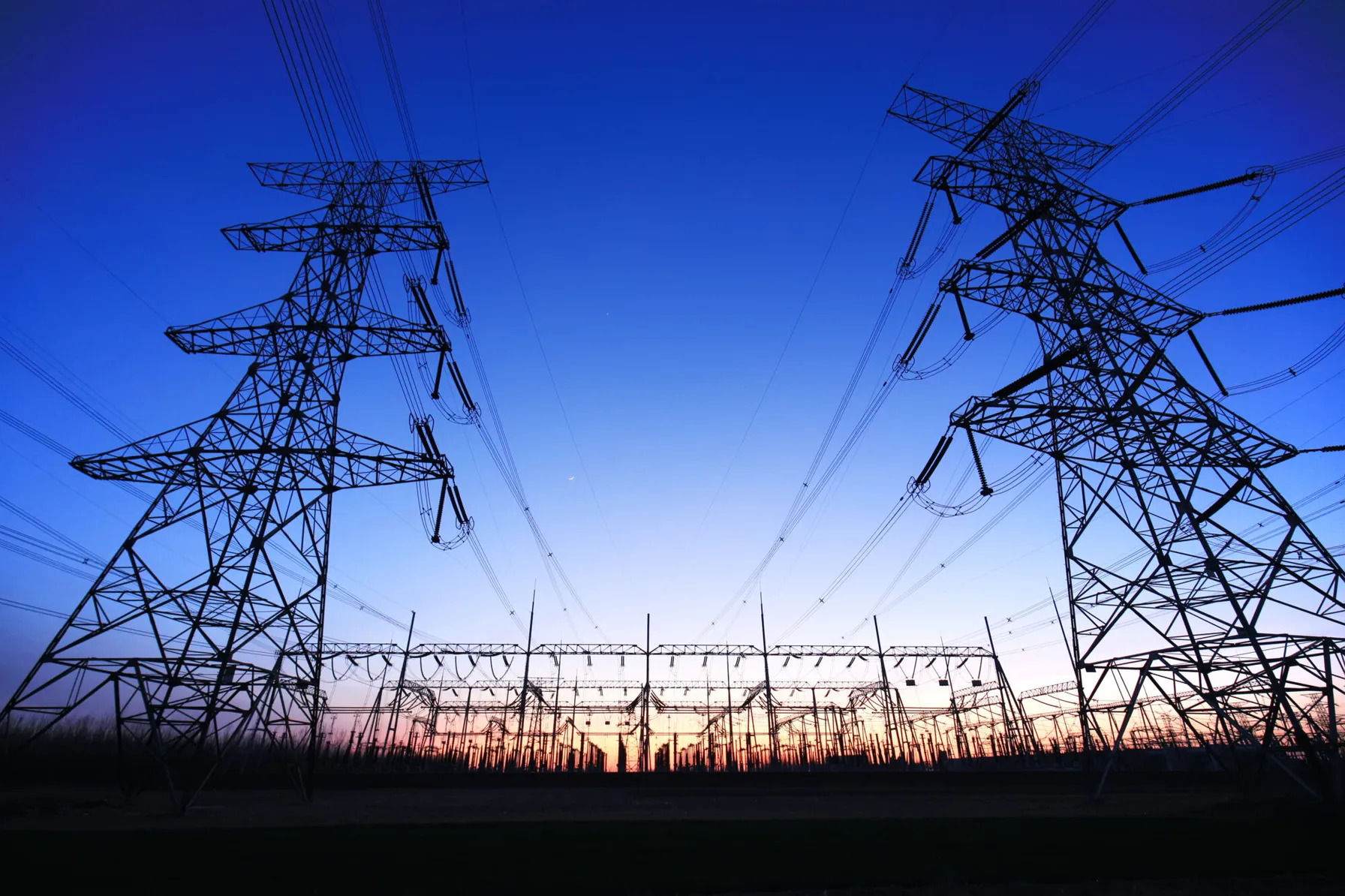
NERC Releases Facilities Ratings Best Practices Report
Décembre 19, 2022
NERC report on best practices for utilities that have encountered facility ratings program challenges.

NERC Files Comments in the FERC Generator Interconnection Notice of Proposed Rulemaking
novembre 21, 2022
The rulemaking addresses improvements needed to reliably facilitate the power industry’s transition to renewable and distributed generating resources utilizing inverter-based technologies.
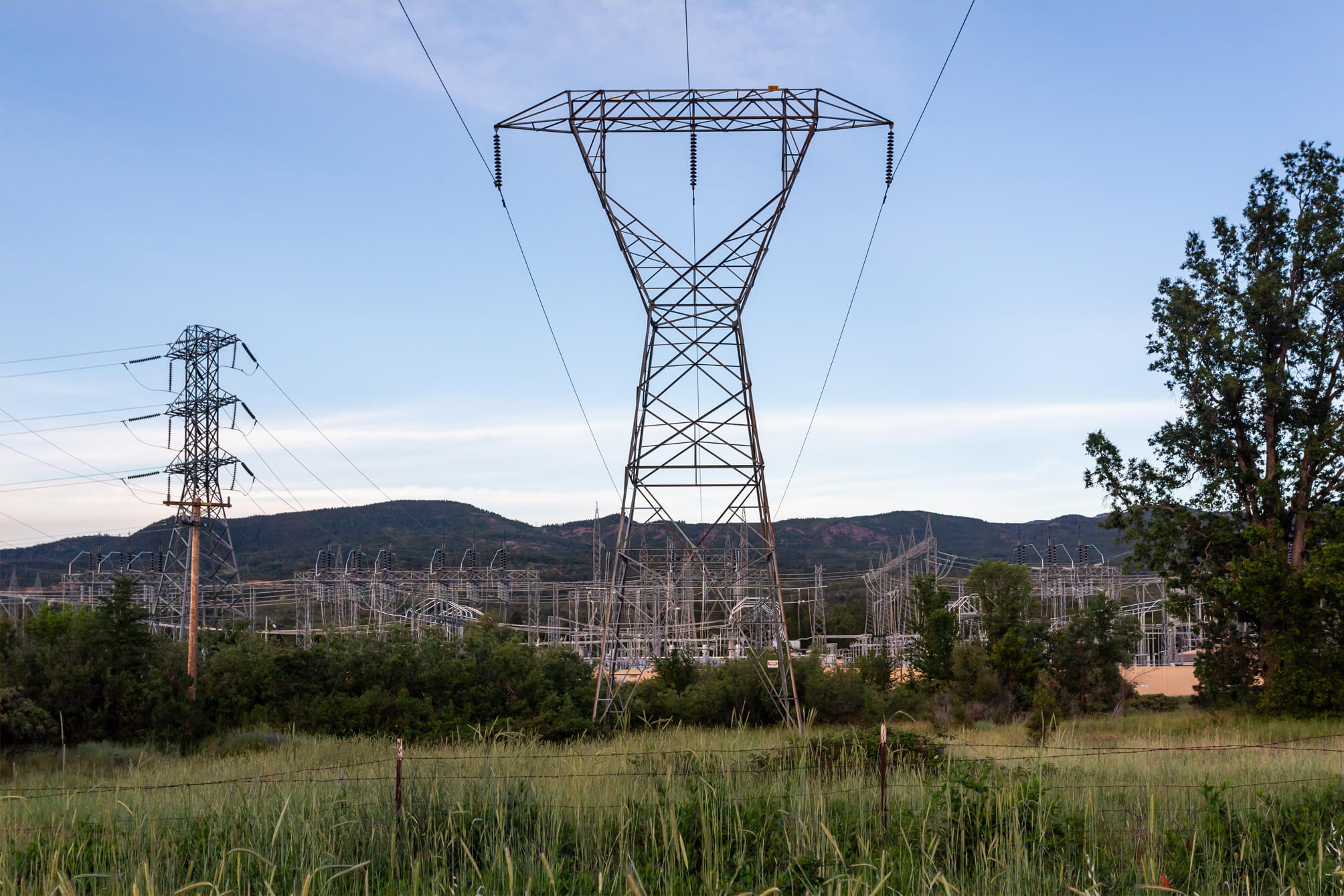
NERC Releases Inverter-Based Resource Strategy Plan
octobre 25, 2022
The North American Electric Reliability Corporation (NERC) recently released an Inverter-Based Resource (IBR) Strategy, which details the steps needed to successfully integrate IBR facilities into the planning and operation of the power system. The strategy was put in place due to the rapid interconnection of IBR systems, which are extensively used for solar and wind generating facilities, including new battery-based energy storage systems and are one of the most significant drivers of power grid transformation. Because of control system inconsistencies, IBR facilities pose well-documented risks to power system reliability when this strategy’s practices are not adhered to. NERC’s plan calls attention to the need for thoughtful integration of IBRs and identifies current and future work required to mitigate reliability risks resulting from the deployment of this technology.

NERC Releases 2022 State of Reliability Report
septembre 16, 2022
The North American Electric Reliability Corporation (NERC) recently released its 2022 State of Reliability report, which examines power system performance in calendar year 2021 and evaluates reliability performance trends. The 2022 report identified six key findings regarding power system performance that are summarized as follows:

NERC Proposes Implementation Guidance for PRC-019-2
août 22, 2022
NERC has proposed implementation guidance for PRC-019-2, the standard that verifies coordination of generating unit facility or synchronous condenser voltage regulating controls, limit functions, equipment capabilities and protection system settings.

Revisions to FAC-001 and FAC-002 Submitted for FERC Approval
juillet 12, 2022
Reliability Standards FAC-001-4 and FAC-002-will resolve uncertainty regarding the meaning of “materially modify” under the currently effective standards.

FERC Order No. 881-A Has Implications for NERC Compliance Programs
juin 23, 2022
Updated Order will have significant impact on NERC compliance programs related to both PRC standards and facilities ratings. Utilities should review the Order’s requirements and prepare for changes needed to remain compliant.

NERC’s Revised PRC-024-3 Standard for Inverter-Based Generation Effective in October 2022
mai 11, 2022
Changes to PRC-024-3 in support of inverter-based generation performance are going into effect in October of this year. Interconnection programs and documentation procedures may need to be updated in order to maintain compliance.
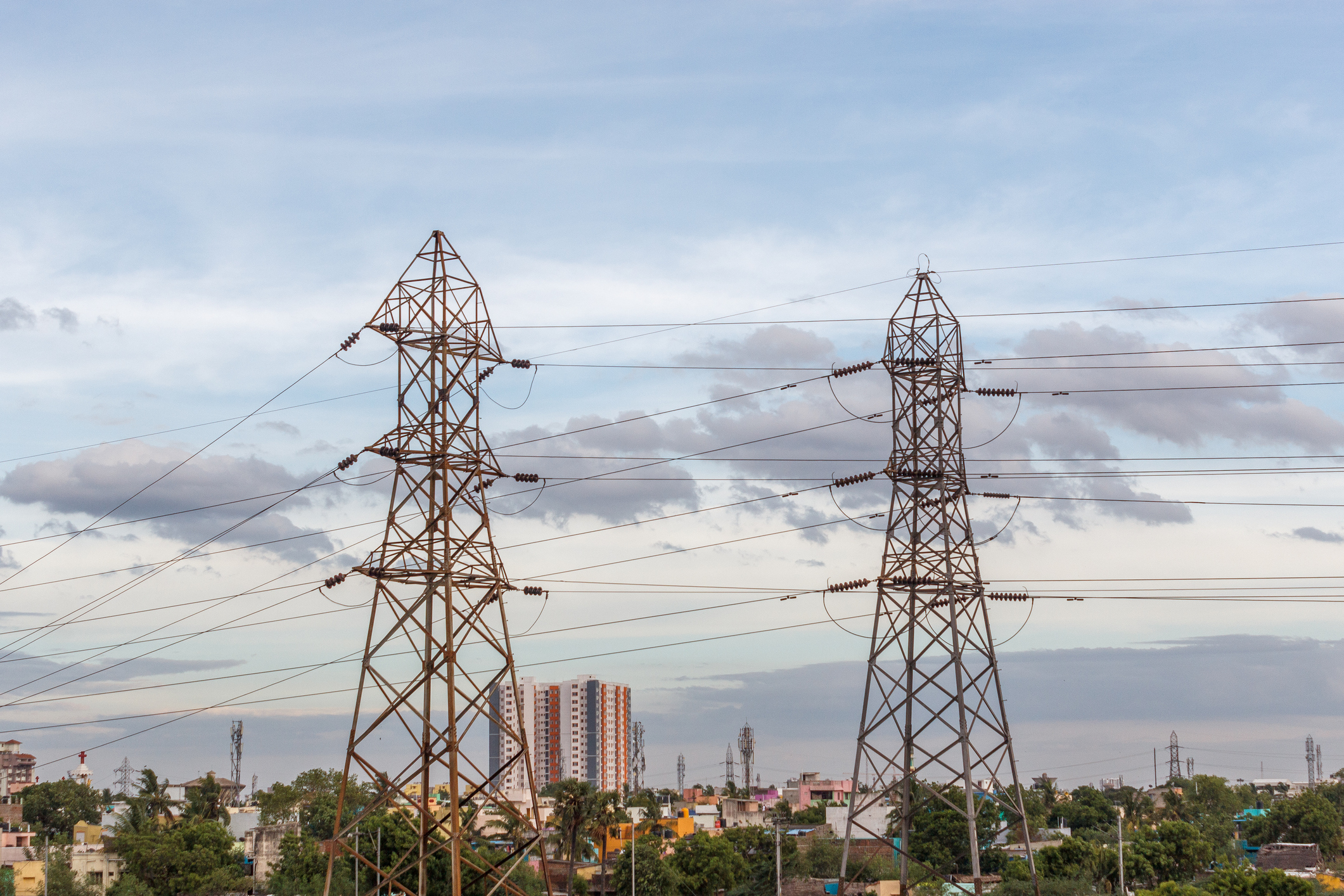
FERC Issues Notice of Inquiry Regarding Dynamic Line Ratings
avril 25, 2022
There are significant technical challenges involved in implementing Dynamic Line Ratings in the planning and operation of utility systems. Utilities should be prepared to modify their NERC compliance programs as necessary to address the potential introduction of DLR in their businesses.

New NERC Guidance Supports the Implementation of Grid Forming Inverters
mars 8, 2022
NERC has issued a new report highlighting the key attributes of various inverter controls to support proper implementation and to protect reliability.
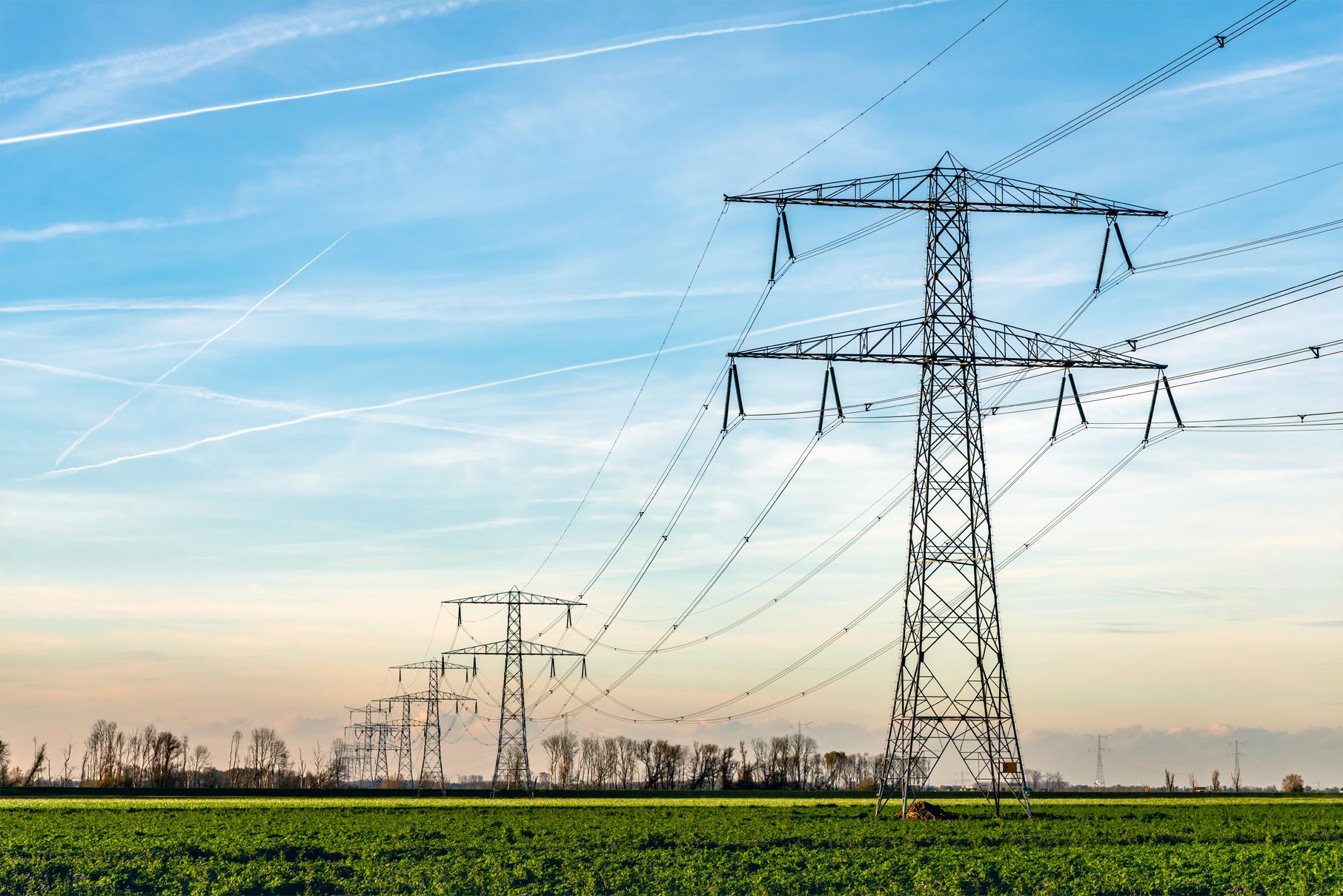
NERC Recommends Approaches for Underfrequency Load Shedding Programs
février 24, 2022
In a recently released reliability guideline, NERC recommends additional approaches for Underfrequency Load Shedding (UFLS) program design to help utilities effectively consider the effects of Distributed Energy Resources (DERs). The guidance was developed to address the accelerated transition of the power system to locally installed, decarbonized resources that depend on inverters. These new technologies introduce operational controls issues into the electric grid. UFLS data gathering and analysis methodologies may require modification to address reliability risks.

Ordonnance no 2222 de la FERC, DER et technologie de l’énergie
février 1, 2022
La FERC a publié le projet d’émission O. 2222 pour permettre aux ressources énergétiques distribuées (DER) de mieux participer aux côtés des ressources traditionnelles dans les marchés de gros régionaux et organisés.
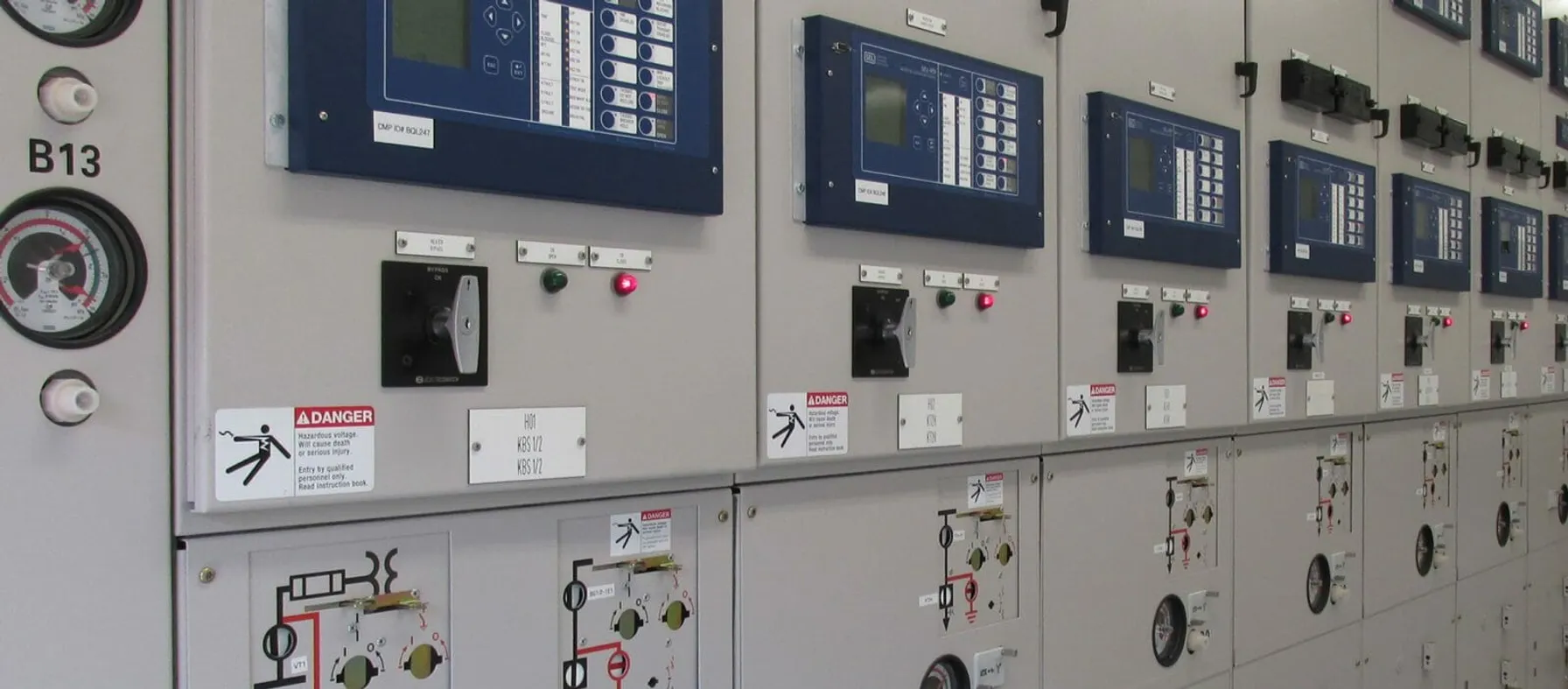
NERC and FERC Recommend Protection System Commissioning Improvements
janvier 18, 2022
Between 18 and 36 percent of reported utility misoperations were attributed to issues that could have been detected through a properly implemented PSC.
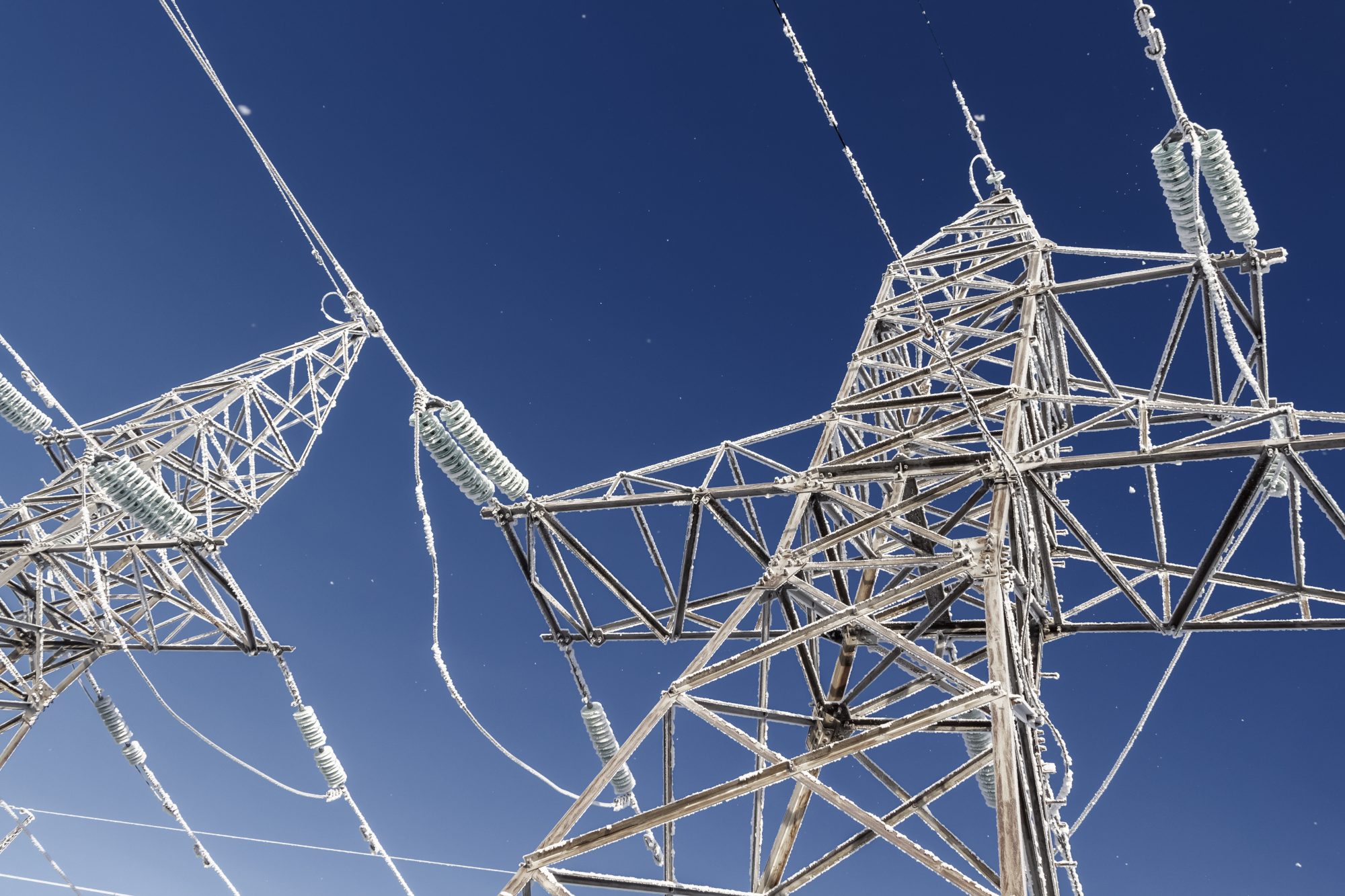
FERC & NERC Issue Joint Report on Freeze Reliability Failures
Décembre 15, 2021
The in-depth report outlines twenty-eight recommendations to address freeze reliability failures, including operating practices and recommendations for NERC standards modifications surrounding generator winterization and gas-electric coordination.
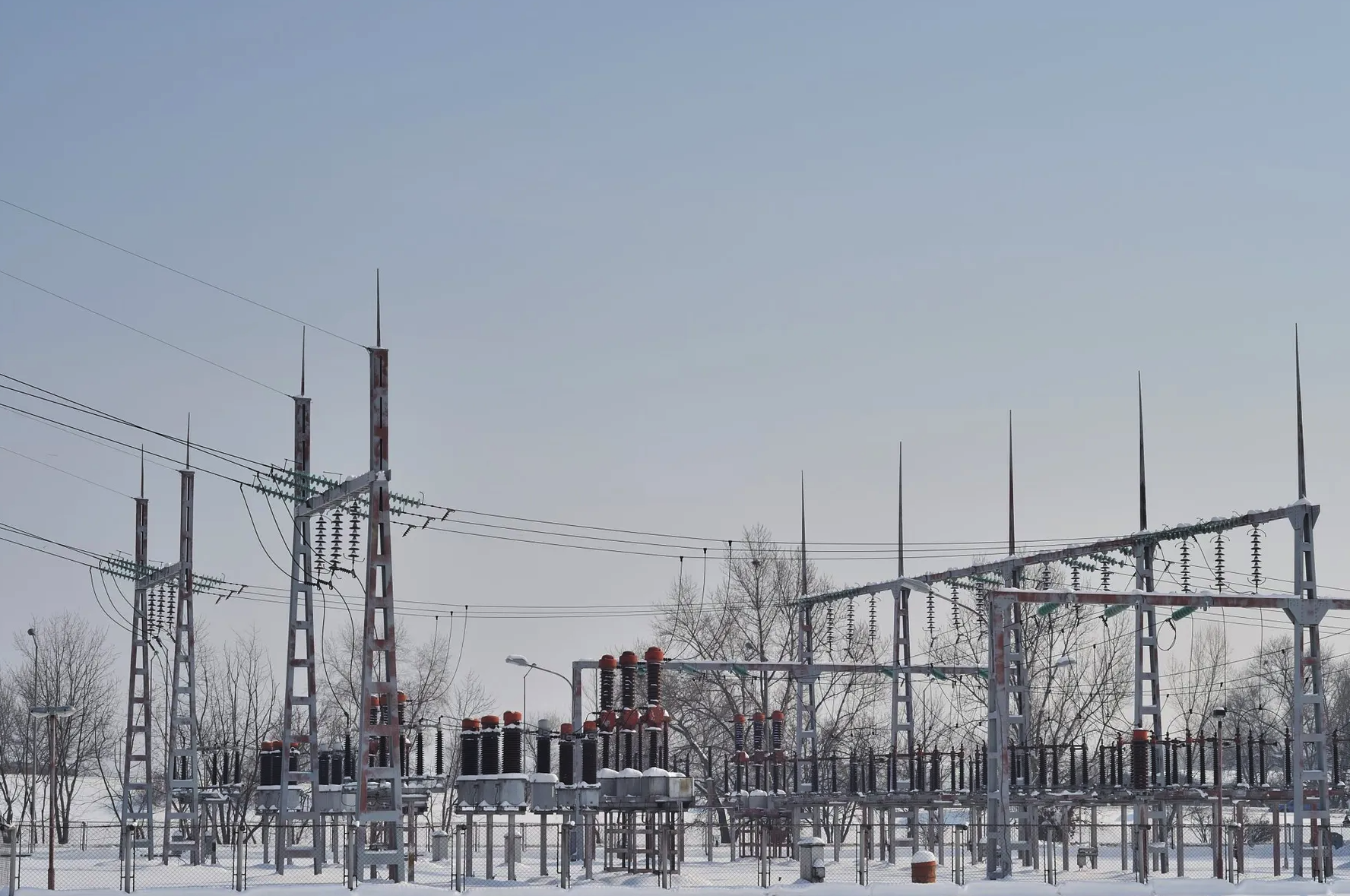
NERC Accelerates Additional Cold Weather Standards Changes
novembre 22, 2021
At its November 2021 meeting, NERC’s Board of Trustees took aggressive action to advance critical cold weather Reliability Standards. Most notably, the group approved the 2022-2024 Reliability Standards Development Plan, which prioritizes standards projects for the coming years including a resolution to include new cold weather operations, preparedness and coordination standards as high priority development projects.
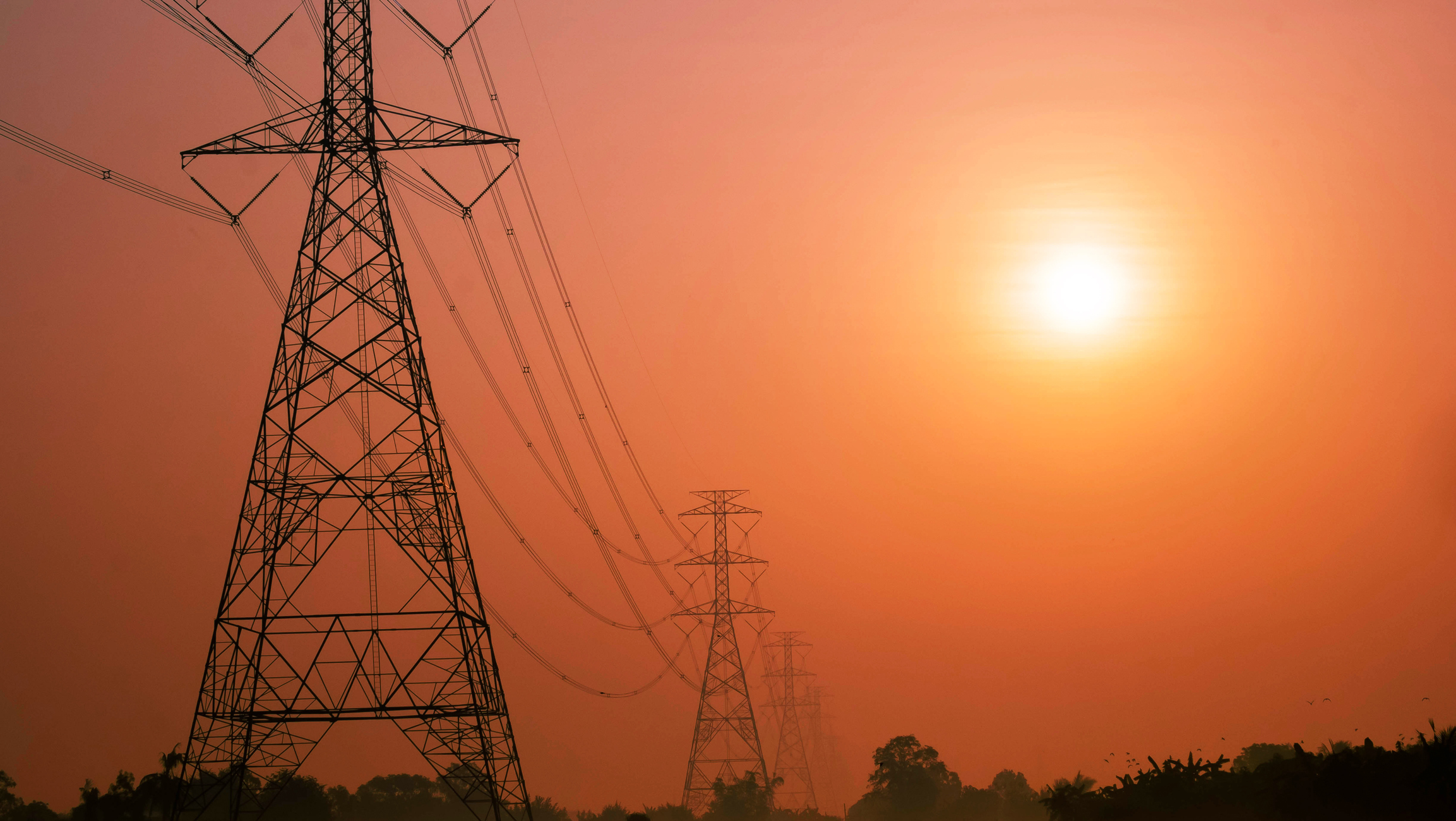
PRC-002-2 Disturbance Monitoring and Reporting Standard: Initial Mandatory Implementation Plan Dates Approach
novembre 18, 2021
The Federal Energy Regulatory Commission approved PRC-002-2 in September, 2015. The initial due date for system studies necessary to identify locations for the collection of disturbance related data under Requirement R1 is January 1, 2017.

Substation Hardening: Don’t Be a Pawn to Security
octobre 28, 2021
Protecting our critical energy infrastructure from physical security threats is certainly not a game, but the process can take some important lessons from the game of chess.

New Potential Compliance Standards Identified at FERC Technical Conference on Reliability
octobre 18, 2021
With a focus on the reliability impact of extreme weather and the shortcomings of current system planning approaches, both NERC and FERC conference participants opened the door to potential forthcoming compliance standard enhancements or changes.
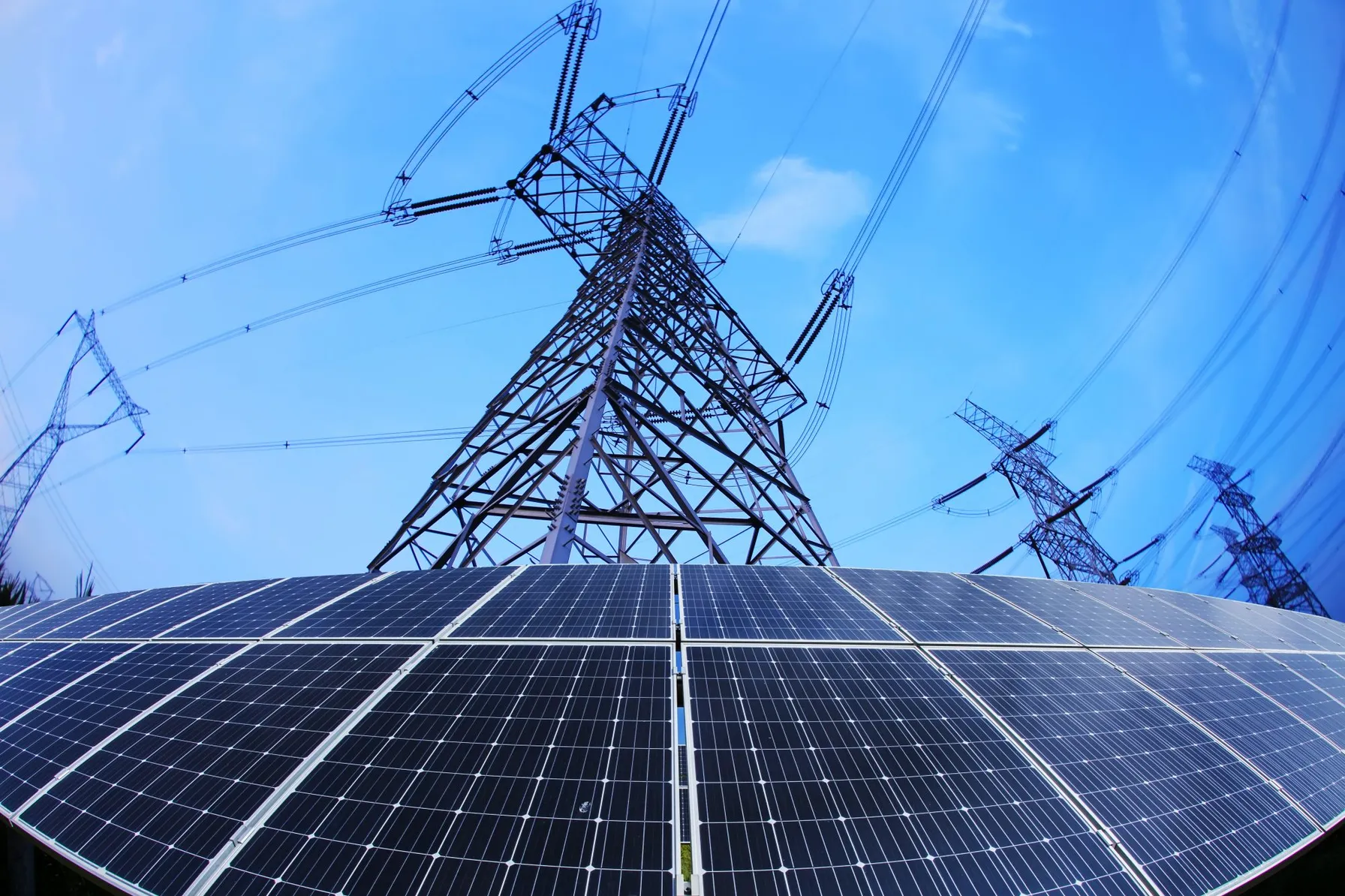
NERC Issues Odessa Texas Disturbance Report
septembre 29, 2021
While NERC has analyzed multiple similar events in California, this is the first disturbance involving a widespread reduction of PV resource power output observed in the Texas Interconnection.
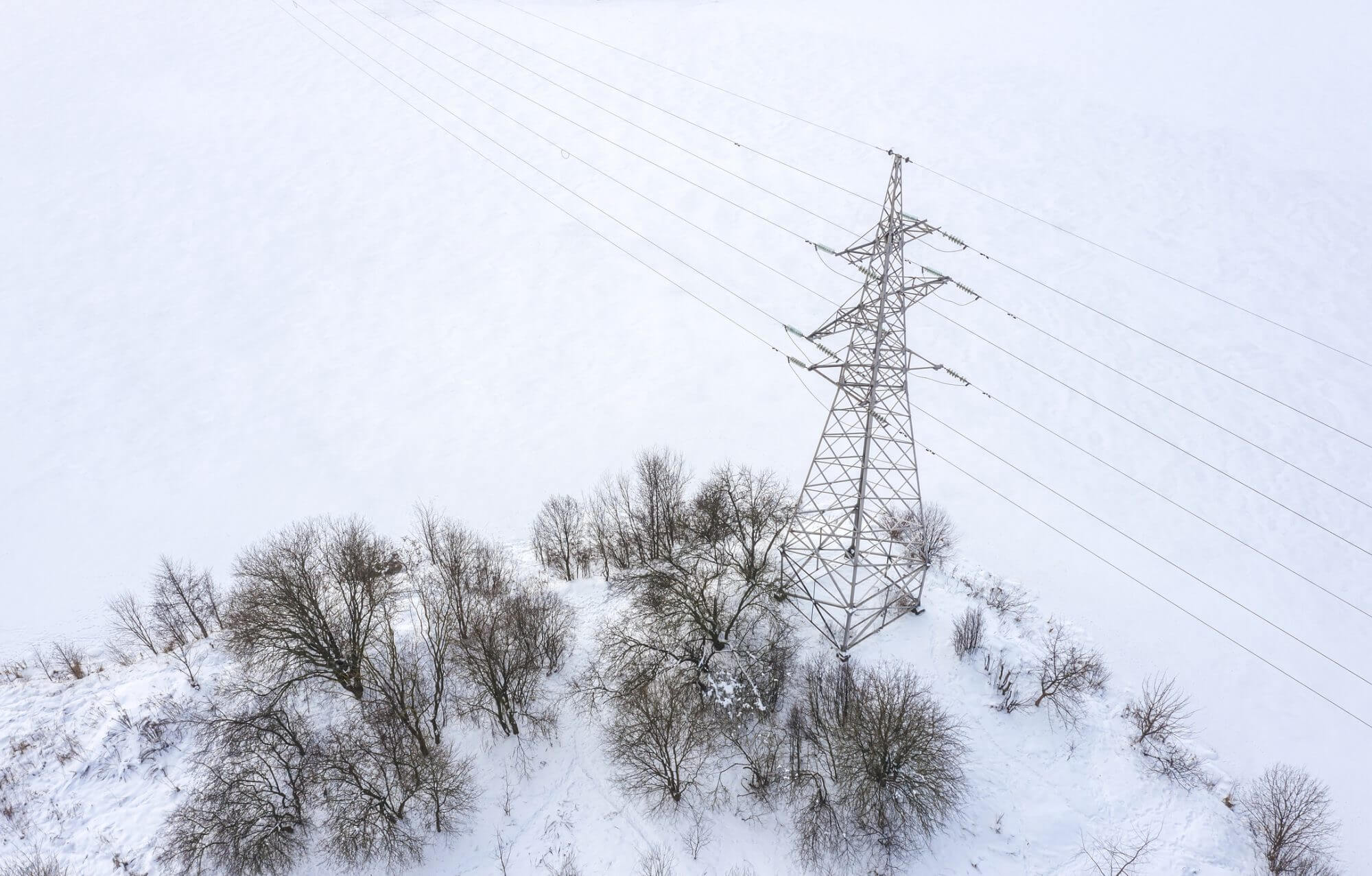
FERC Approves Modifications to NERC’s Cold Weather-Related Standards
septembre 7, 2021
The Federal Energy Regulatory Commission has approved changes to three mandatory NERC Reliability Standards that aim to better prepare the North American power system to withstand extreme cold weather events.

NERC’s Generator Relay Loadability Standard is Now in Effect
août 30, 2021
Alors que le système de distribution d’électricité continue d’évoluer rapidement en raison des initiatives de politique de décarbonisation du gouvernement fédéral et des États, les ressources basées sur les onduleurs (IBRs) jouent un rôle central lorsqu’il s’agit d’ajouter une nouvelle capacité de production d’électricité dans le système d’alimentation en vrac (BPS). Pour combler les lacunes de fiabilité liées à la technologie IBR dans les applications de stockage d’énergie solaire, éolienne et par batterie, la FERC a récemment publié l’ordonnance no 901. L’ordonnance no 901 enjoint à la NERC d’élaborer des normes nouvelles ou modifiées qui exigent que les propriétaires et/ou les exploitants fournissent des données exactes sur le rendement de l’installation lorsqu’ils sont raccordés au secteur parapublic. La FERC a fait remarquer que de telles données sont nécessaires pour appliquer des modèles de système précis afin que les services publics interconnectés puissent planifier, exploiter et analyser avec succès le rendement des RIF. L’ordonnance no 901 de la FERC documente le piètre rendement en matière de fiabilité des RCI depuis 2016 et décrit les lacunes de fiabilité qui ont été détectées de façon générale dans quatre domaines clés : Partage de données Validation du modèle Études de planification et d’exploitation Exigences de rendement Comme il a été mentionné dans la mise à jour réglementaire précédente de la CVR sur la série de webinaires de la NERC IBR, la NERC a fourni des ressources éducatives pour aider les experts techniques de l’industrie à naviguer dans cette question complexe. De plus, la NERC a publié un document de FAQ couvrant les thèmes généraux identifiés dans les plus de 1 000 commentaires et questions reçus tout au long de la série.

La NERC cherche à améliorer les rapports sur le rendement de la fiabilité du GADS
août 26, 2021
En vertu de la loi habilitante qui a créé l’Electric Reliability Organization, la NERC est responsable d’évaluer le rendement fiable du réseau électrique. L’une des façons dont la NERC le fait est d’obtenir un système de rapports de l’industrie pour la production et le transport. Le Système de données sur la disponibilité des générateurs (GADS) est utilisé par la NERC et l’industrie depuis plus de 40 ans pour obtenir des données sur la composante de production du système électrique[1]. En raison de l’évolution rapide de la composition des ressources de production, il est essentiel que NERC dispose de données complètes sur les installations, les événements, les pannes et les performances pour la production photovoltaïque et éolienne afin d’assurer la fiabilité. À mesure que les technologies renouvelables sont de plus en plus déployées, un ensemble complet de statistiques sur le rendement des actifs de production est nécessaire pour permettre à la NERC d’évaluer la capacité du système à répondre à la charge, la performance du réseau électrique et de prévoir tout problème de fiabilité potentiel en raison de l’insuffisance des ressources. Par conséquent, la NERC propose d’apporter les améliorations suivantes au processus de collecte de données GADS pour la production d’énergie renouvelable : Ajouter les propriétaires de générateurs qui exploitent des installations solaires photovoltaïques de 20 MW ou plus au Système de données sur la disponibilité de la production (appelé « GADS-PV ») ; et Élargir les rapports GADS Wind (« GADS-W ») pour inclure le stockage d’énergie connectée et le rapport d’événements.
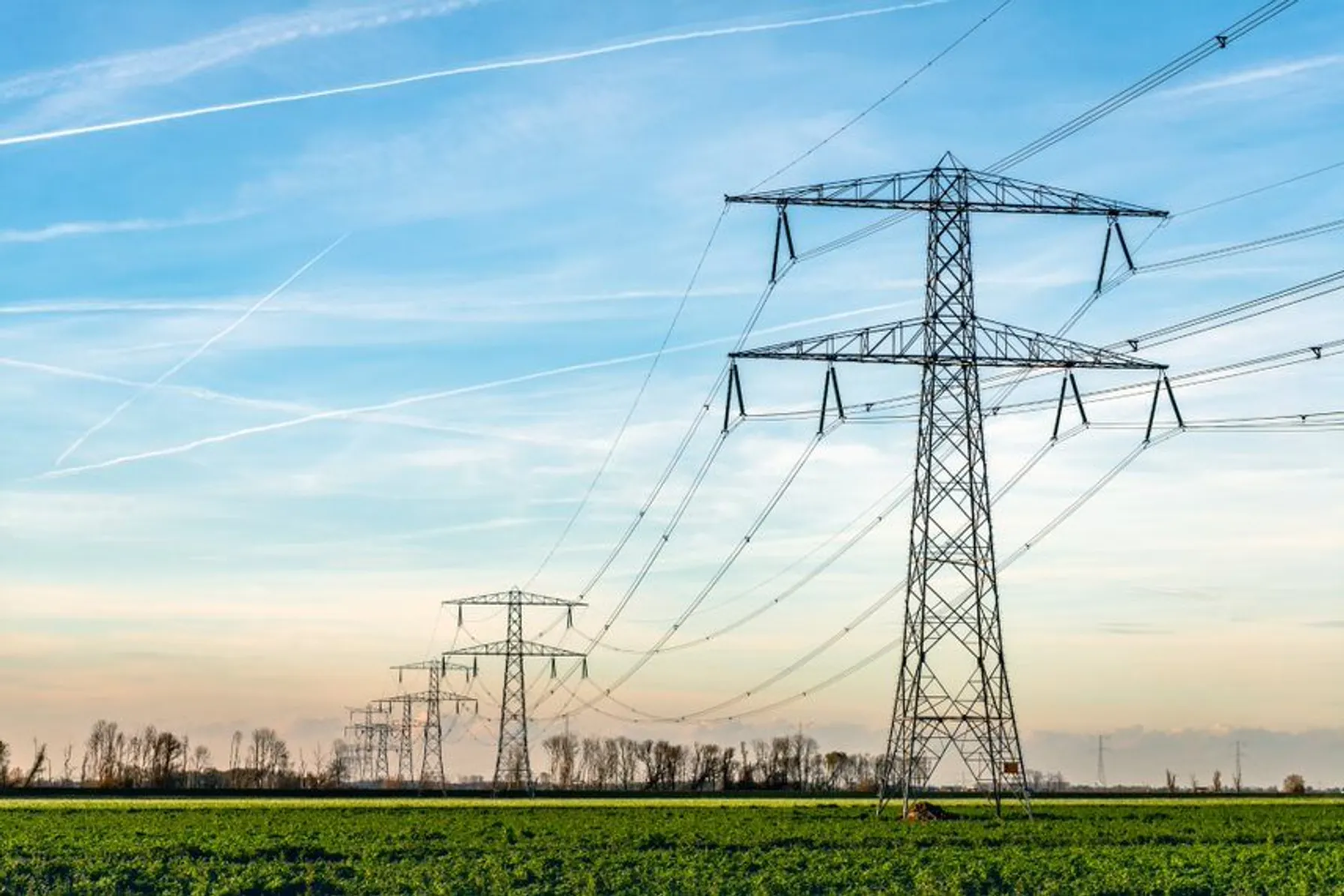
Electric Reliability Council of Texas Releases 60-Point Plan for Change
août 23, 2021
ERCOT’s recently released “Roadmap to Improving Grid Reliability” presents a plan for change in Texas that includes increasing electric power generation and purchasing significantly more power reserves.
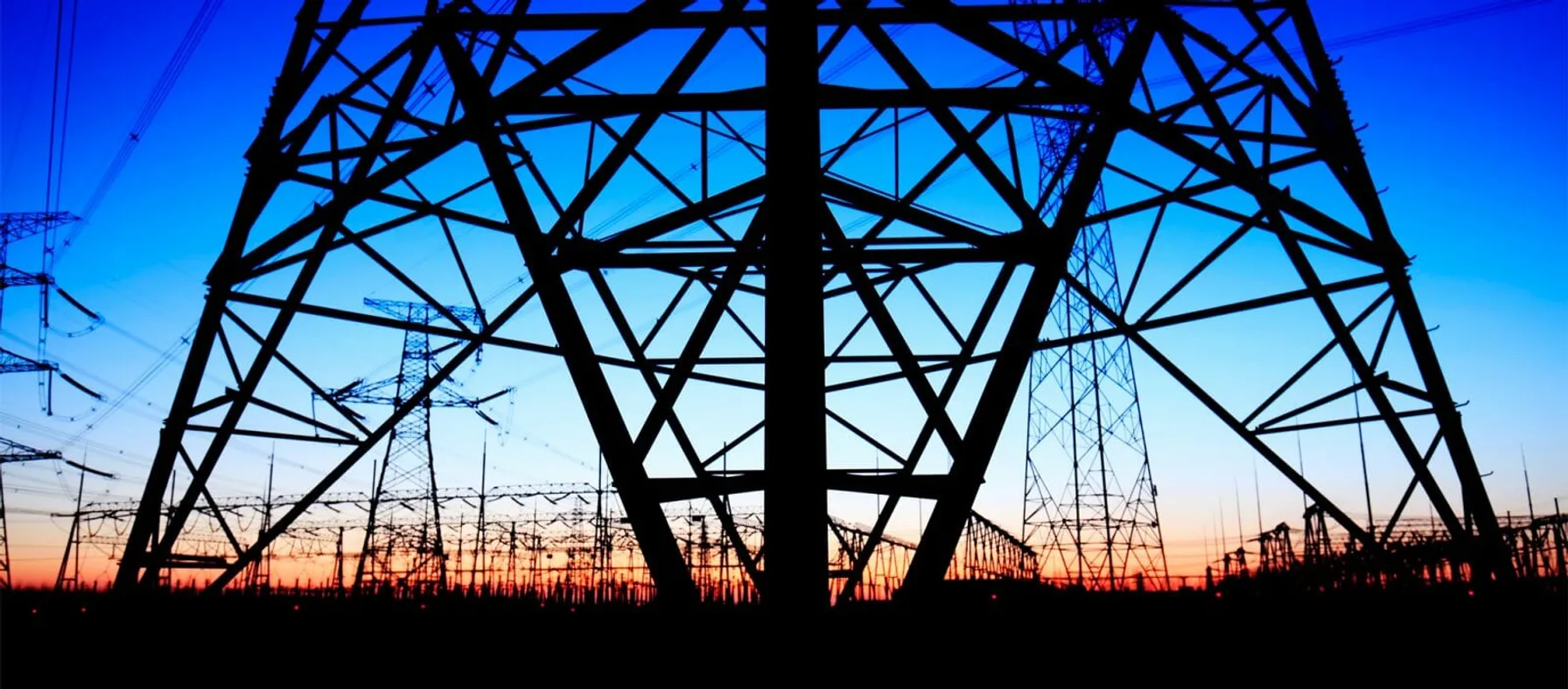
Prepare for Upcoming NERC Compliance Deadlines
août 20, 2021
With 2020 right around the corner, there are many new NERC standards and standards requirements set to go into effect in the areas of Critical Infrastructure Protection and Transmission Operations and Planning.
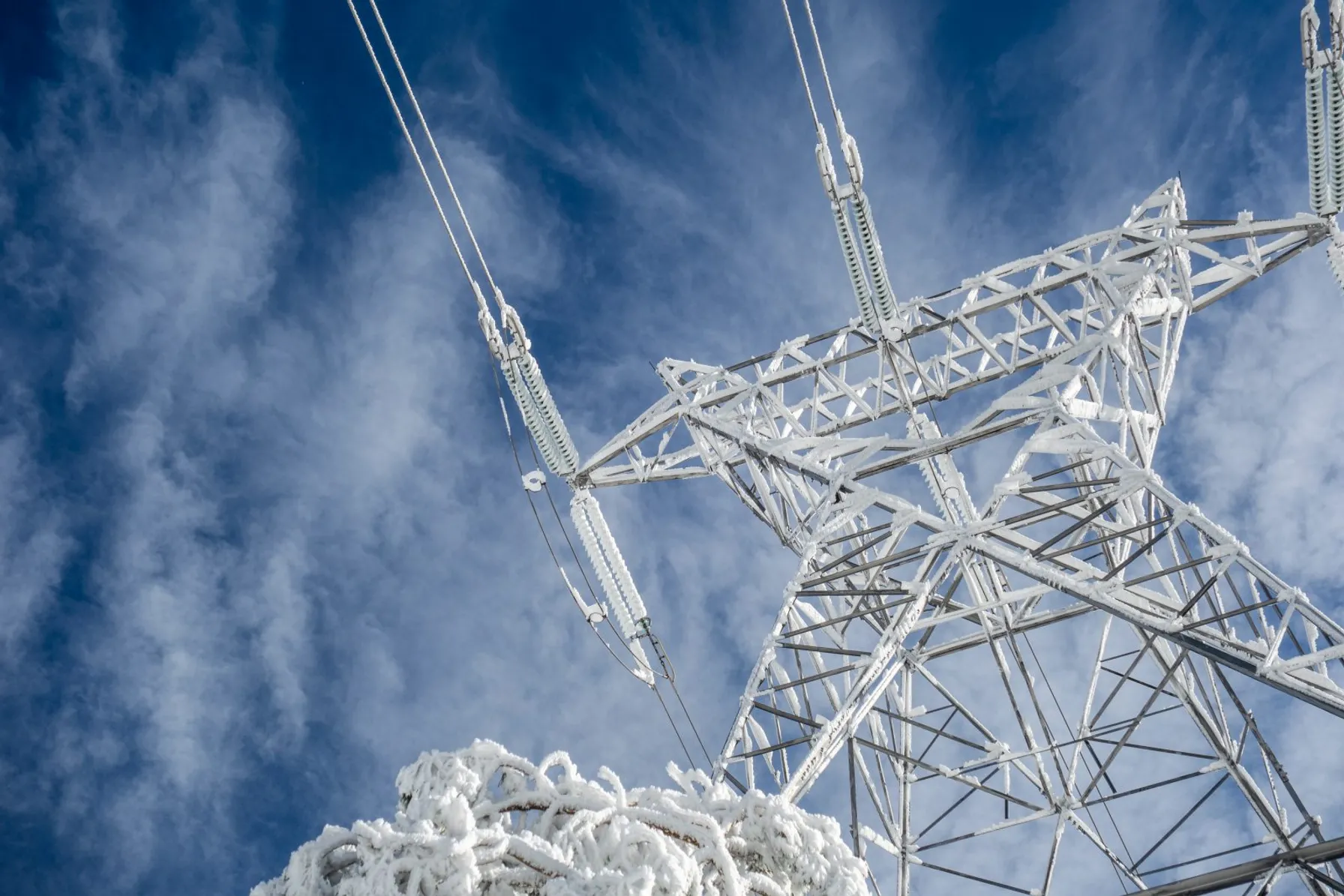
Developments in Texas and Nationally Mandate Extreme Weather Responses to Protect Reliability
juillet 23, 2021
Two recent actions will change the current system planning, investment needs and operating procedures for electric utilities. New infrastructure investments and more robust compliance programs will be needed.
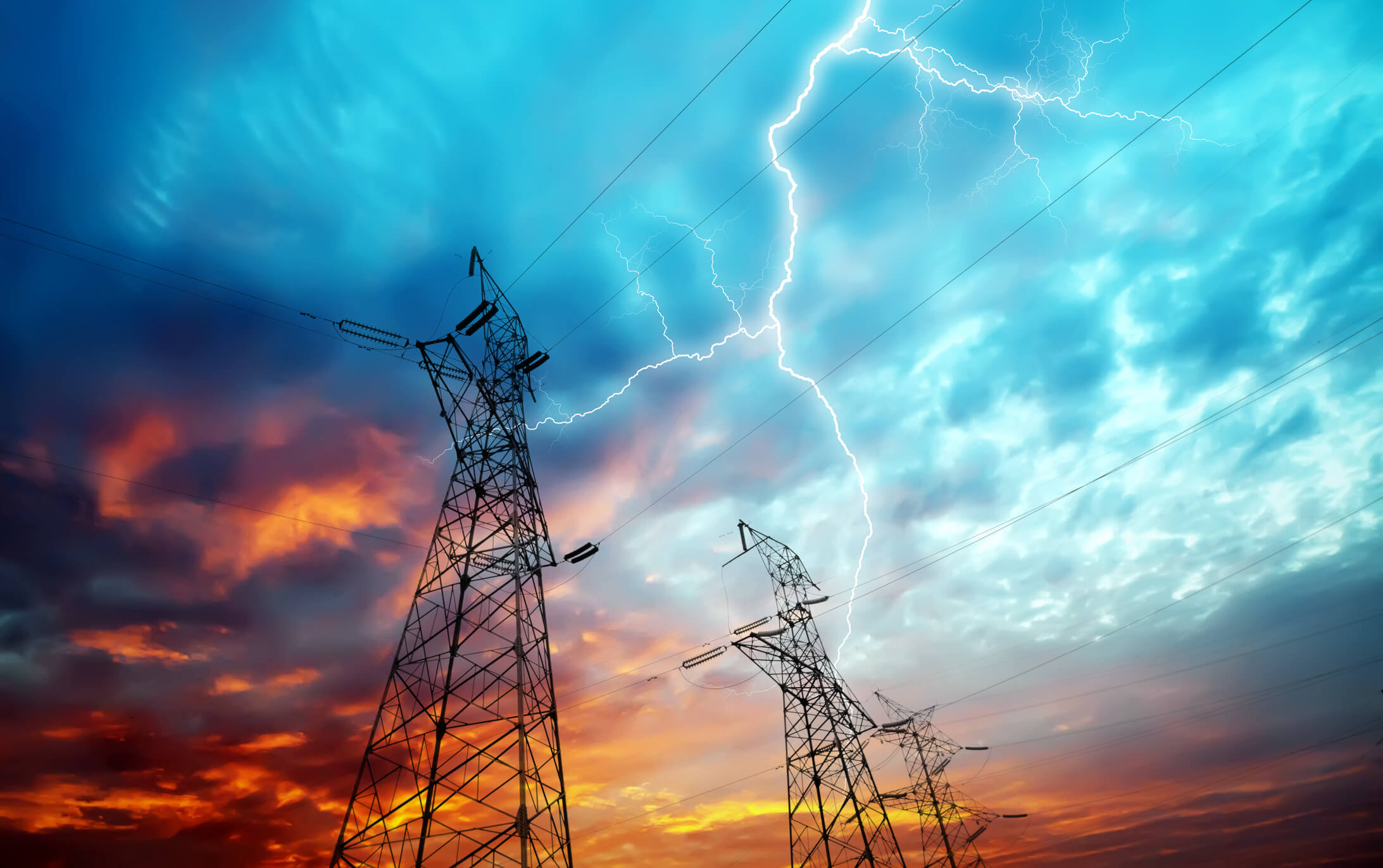
Electric System Planning for Extreme Weather Events: NERC Recommends Actions to Protect Reliability this Summer
juin 23, 2021
Due to recent extreme weather-related power systems failures, stakeholders are examining the planning and operations practices for all electric utilities.
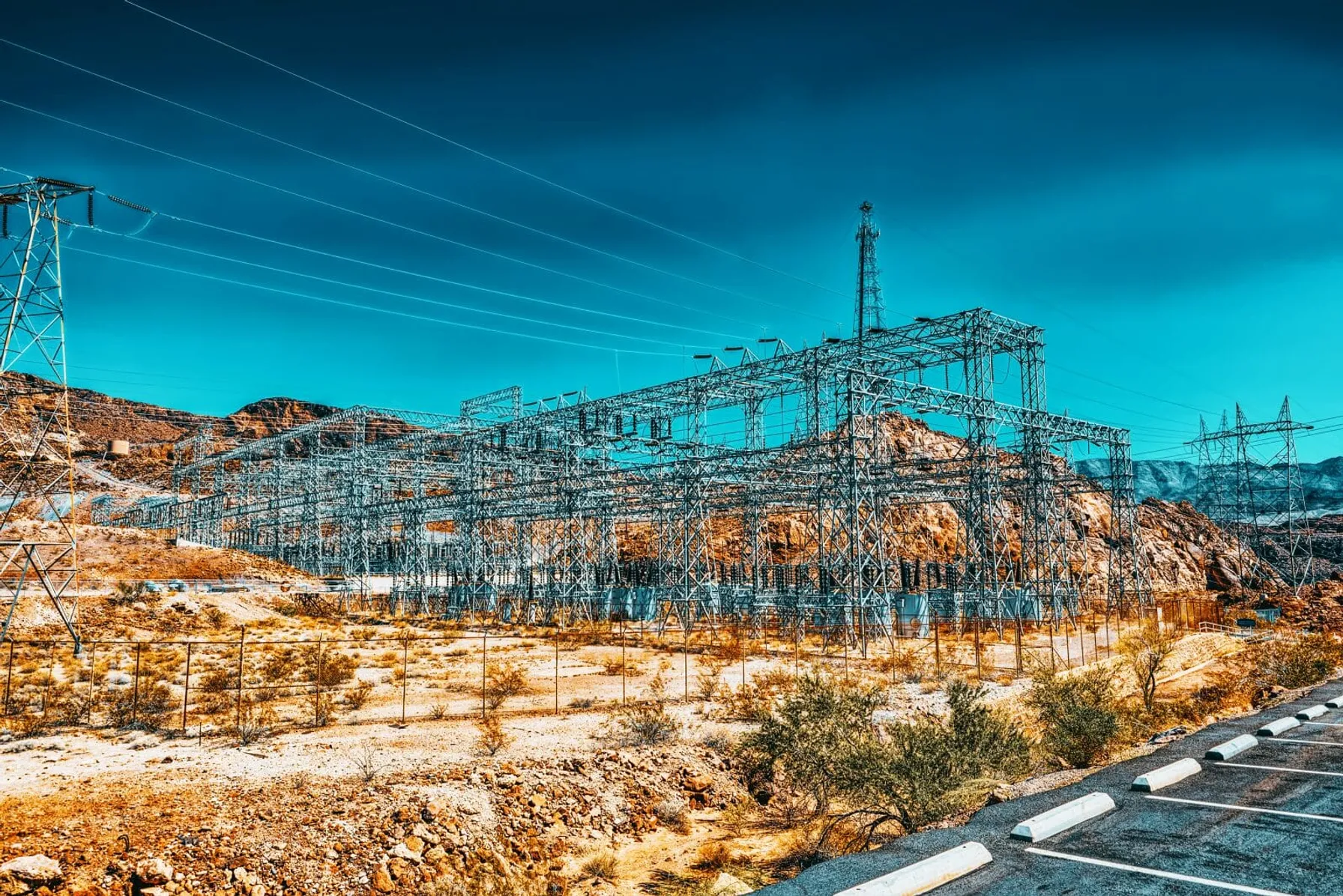
NERC’s FAC-008 Guidance on Facility Ratings
mai 24, 2021
FAC-008 is one of the most data-intensive standards in the NERC regulatory framework. Compliance has been difficult for many utilities. Recently, FERC made public it’s intent to address serious allegations of facility ratings violations, including a lack of rigor by one utility.

NERC Issues Battery Energy Storage Systems Reliability Guidance
avril 22, 2021
While NERC has recently published a reliability guideline addressing inverter-based resources generally, they are now giving more attention to the various potential uses of BESS to support effective implementation with newly released guidance.

NERC Proposes Revisions to CIP-008
mars 27, 2021
NERC’s CIP-008 standard aims to mitigate reliability risks resulting from a Cyber Security Incident by specifying incident response requirements. Newly proposed revisions would augment mandatory reporting to include incidents that compromise, or attempt to compromise, a utility’s Electronic Security Perimeter (ESP) or associated Electronic Access Control or Monitoring Systems (EACMS).
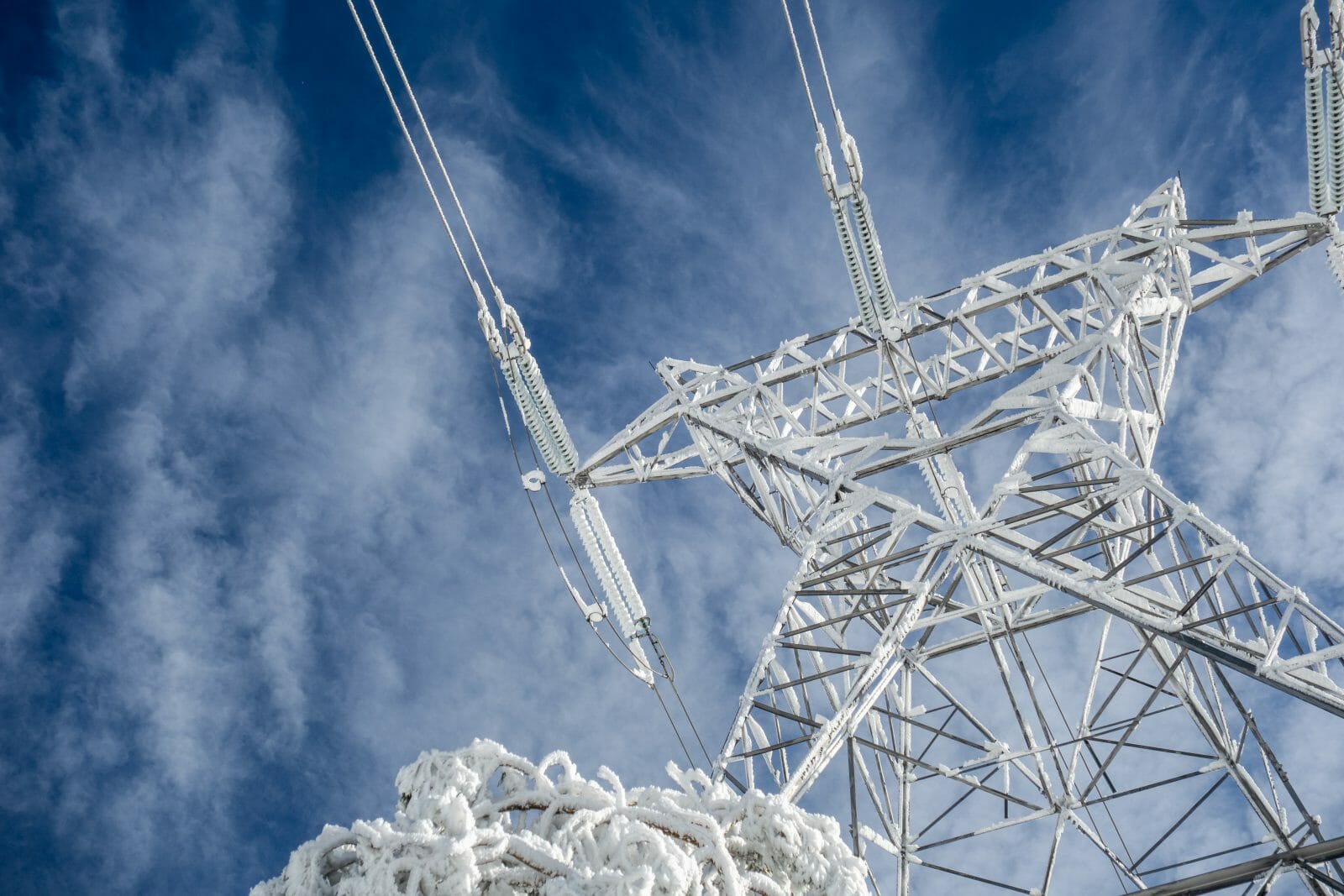
Cold Weather Reliability Preparedness and Hardening
mars 22, 2021
The latest weather impacts to power reliability have accelerated the need for mandatory regulatory compliance changes.

NERC Releases 2021 Compliance Monitoring and Enforcement Findings
février 8, 2021
NERC’s 2021 Compliance Monitoring and Enforcement Program reframes the previous year’s risks and their associated areas of focus. Utilities should review their compliance programs and internal controls to determine if enhancement or changes are need to maintain compliance.

NERC Proposes Revision of Pending TPL-001-5.1 Standard
janvier 20, 2021
NERC has recently undertaken important standards and guidance development activities related to the proliferation of inverter-based technologies such as solar and wind generation, as well as battery energy storage which is growing as an industry solution to ensure the reliability of renewable power for end-use customers.

NERC and FERC Take Action on Facilities Ratings
Décembre 4, 2020
There has been significant work across the electric industry to improve facility ratings related processes, programs, frameworks, internal controls and best practices. Yet this continues to be a challenging area for utilities, particularly from an asset management and regulatory compliance perspective.
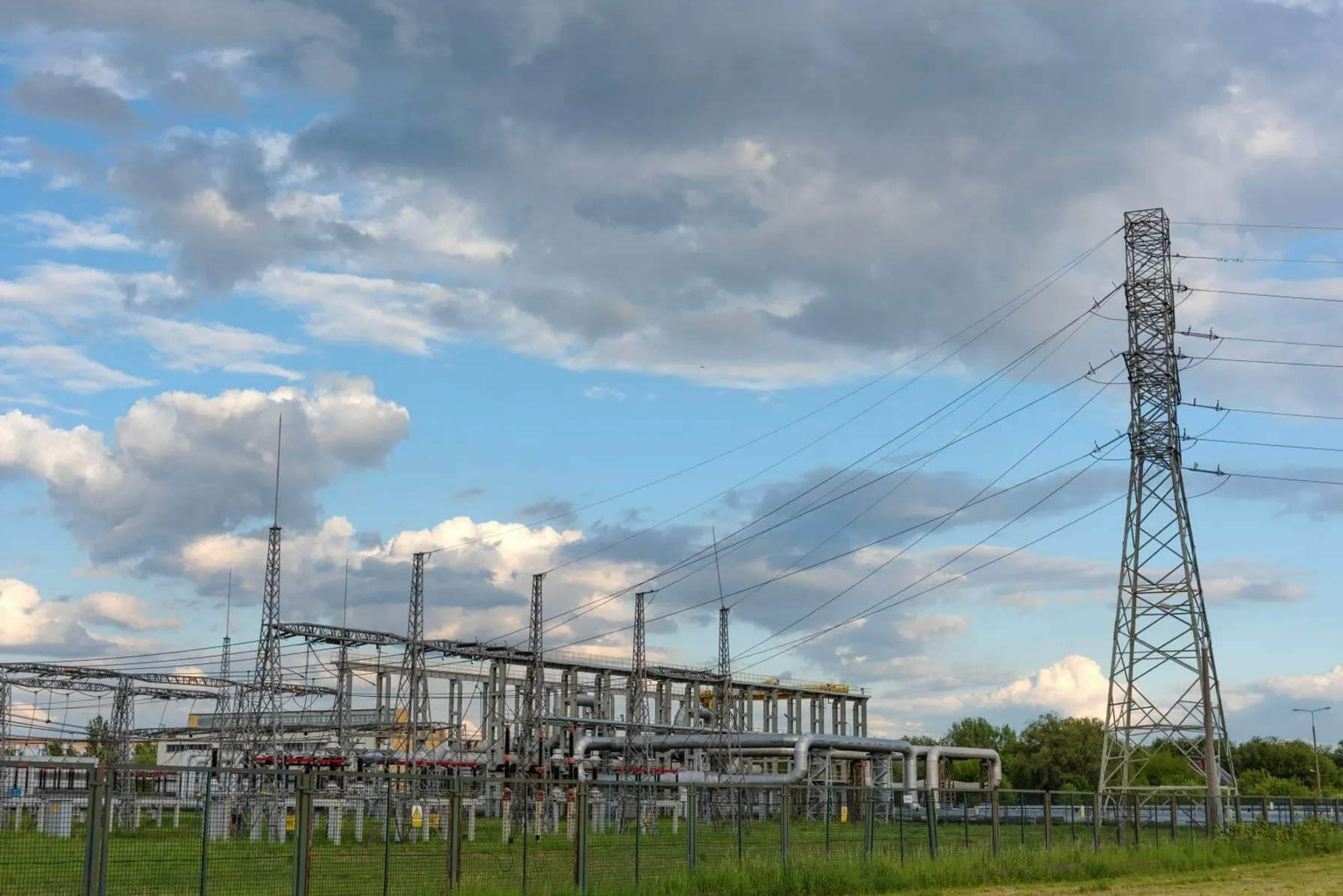
FERC Issues Annual Report on Critical Infrastructure Protection (CIP) Reliability Audits
novembre 17, 2020
In its 2020 Report on CIP Reliability Audits, the Federal Energy Regulatory Commission found that most of the cybersecurity protection processes and procedures adopted by utilities met the mandatory CIP requirements for protecting the Bulk Electric System. However, there are areas for improvement.

NERC Prioritizes Inverter-Based Resources for Future Standards Development
octobre 19, 2020
As inverter-based resources found in wind and solar generation technologies continue to rapidly penetrate the U.S. power delivery system, NERC remains focused on managing the potential reliability consequences.

NERC Issues 2020 State of Reliability Report
septembre 22, 2020
The Report identifies areas of ongoing concern including generation reserve margins and the reliability risk from shifting the resource mix toward renewables.

NERC Issues Lessons Learned on Misoperations Due to Mixing Relay Technologies
août 13, 2020
On July 10, 2020 NERC released new Lessons Learned guidance to address situations where multiple composite protection systems have misoperated as a result of mixing protective relay technologies at the remote terminals of directional comparison blocking (DCB) schemes. This technical information will help utilities improve the reliability of the Bulk Power System.
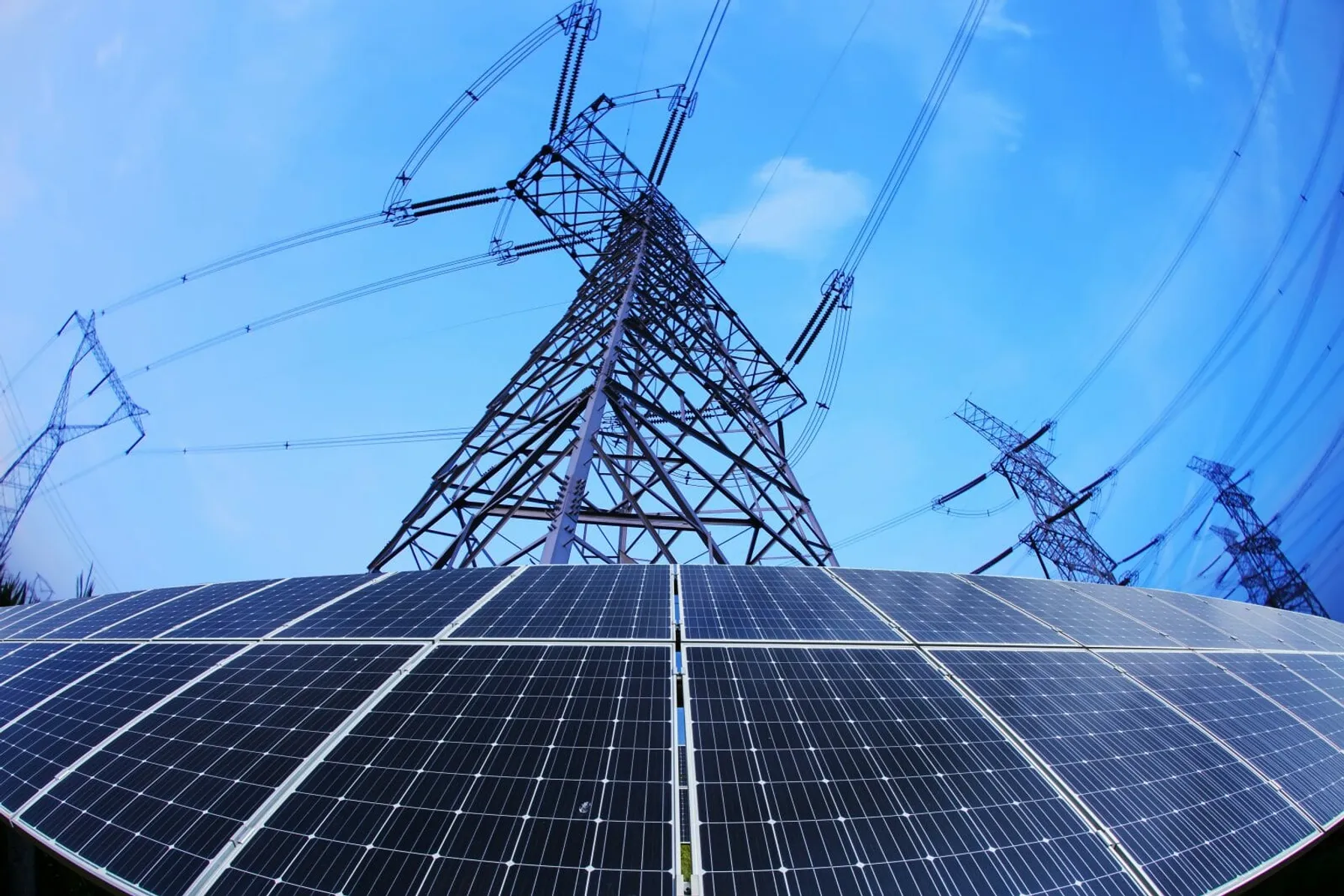
NERC Reliability Standard PRC-024-3 Approved: Frequency and Voltage Protection Settings for Generating Resources
juillet 28, 2020
On July 9, 2020 NERC standard PRC-024-3 was approved, paving the way for improved protection systems in support of keeping generating resources connected during defined frequency and voltage excursions.

Summary of NERC CIP Standards Updates
juin 29, 2020
FERC has released a notice of inquiry seeking comments on potential enhancements to NERC’s Critical Infrastructure Protection (CIP) Reliability Standards.

NERC Protection System Compliance Studies Due This Year
février 24, 2020
NERC’s PRC-027-1 standard was approved by FERC in 2018 and is set to go into effect on October 1, 2020. Utilities should begin preparing now to meet compliance requirements which include significant system studies.
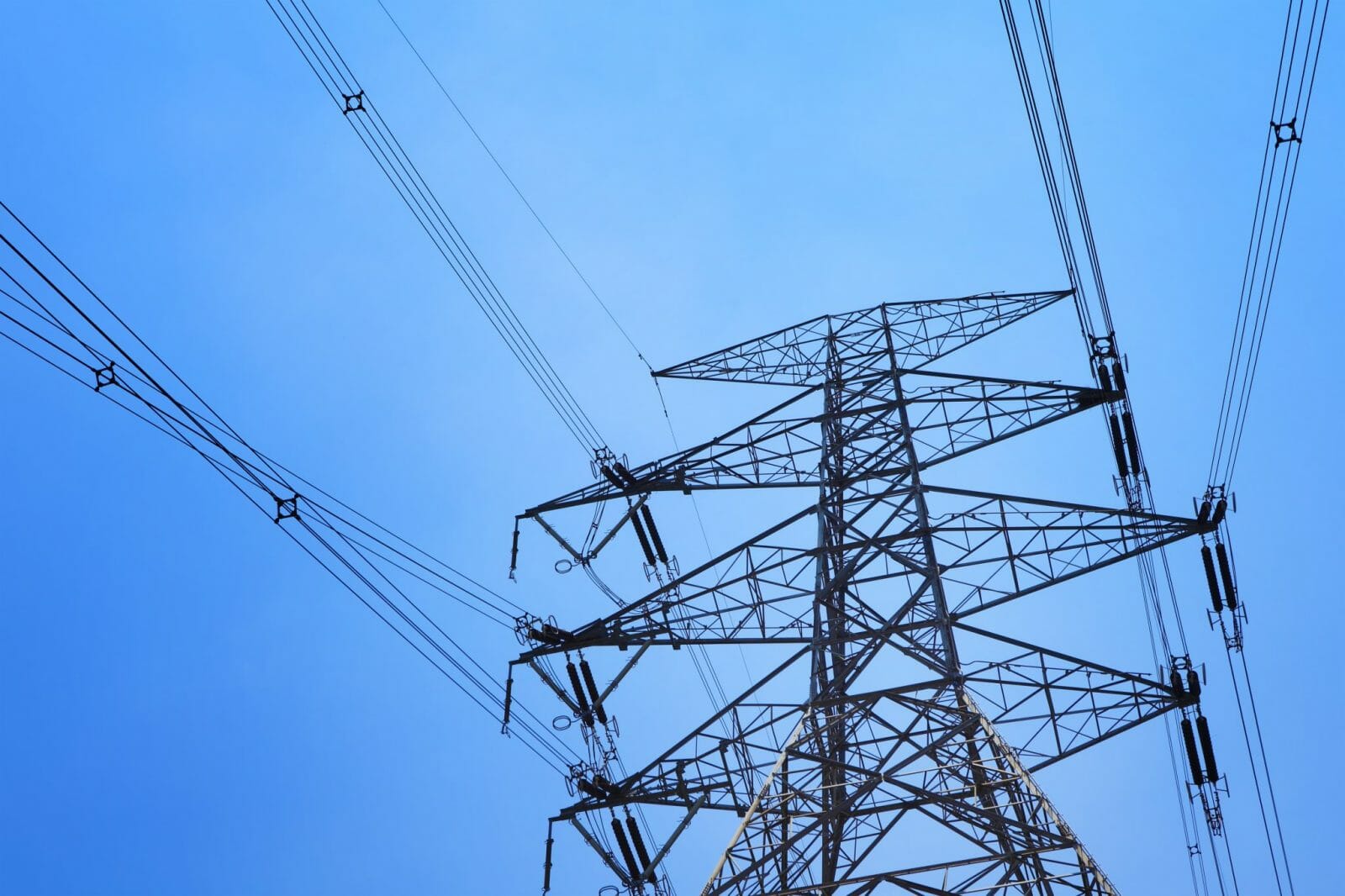
NERC Compliance Assurance: Maintaining Cross Functional Data Integrity
janvier 21, 2020
Assuring continued power system reliability is a complex undertaking for utilities. Balancing the demands of system changes and regulatory compliance is an essential strategy for optimizing ongoing operations. Given the wide range of NERC standard families that require simultaneous data management for compliance, data integrity, data flow and data verification are critical for avoiding violations that can impact electric service to customers and communities.

NERC Reliability Report Prioritizes Power System Security Risks for Action
janvier 2, 2020
NERC’s 2019 ERO Reliability Risk Priorities Report identified and prioritized the major risks facing the utility industry with a particular focus on security issues.
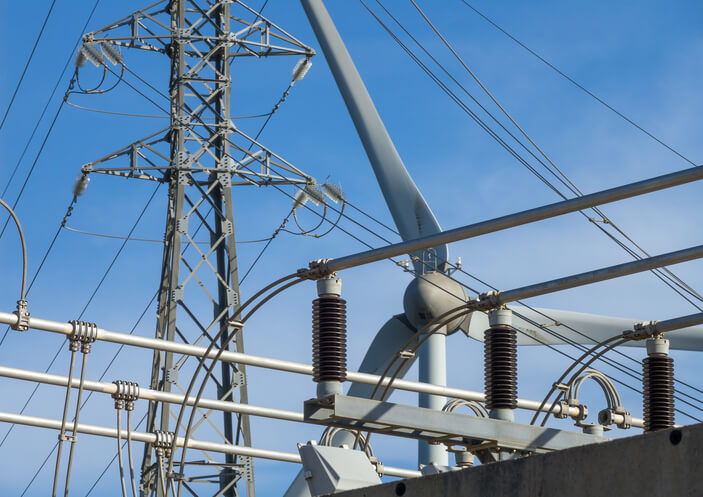
NERC Reliability Report Prioritizes Power System Risks
novembre 21, 2019
Looking ahead to the many changes coming to North America’s Bulk Power System (BPS), NERC’s 2019 ERO Reliability Risk Priorities Report highlights the top issues requiring industry and regulatory attention and recommends actions for the ongoing protection of BPS reliability.

NERC Pursues Changes to Protection Relay and Control (PRC) Standards
septembre 24, 2019
Two Standards Authorization Requests currently being debated in the NERC stakeholder engagement process could help clarify PRC standards obligations for generator owners and operators.

NERC to Modify Standard and Develop Compliance Guidance to Accommodate Inverter-Based Generation Technologies
février 20, 2019
Renewable energy systems have dramatically changed the power generation resource mix. These new generation technologies no longer involve directly coupled rotating generators which were once standard in the industry. Now, inverters that change Direct Current (DC) electricity to the Alternating Current (AC) electricity suitable for delivery via AC transmission systems are becoming more prevalent, raising reliability…
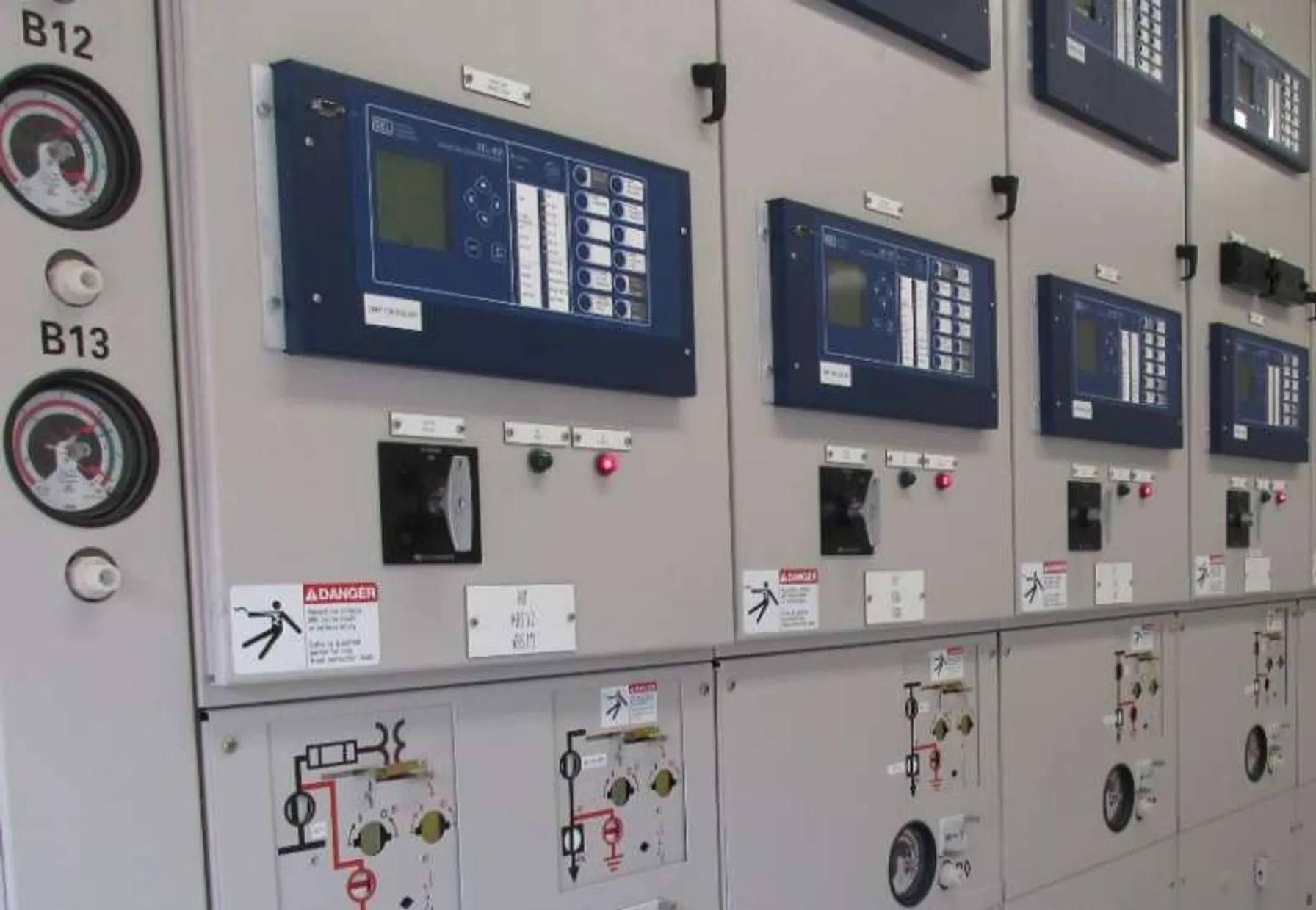
NERC Addresses Single Points of Failure in Protection Systems Among Other FERC Concerns
octobre 25, 2018
As inverter-based resources found in wind and solar generation technologies continue to rapidly penetrate the U.S. power delivery system, NERC remains focused on managing the potential reliability consequences. Building on NERC’s 2019 analysis of several major power disturbances and its report outlining the risks of inverter-based renewable energy resources, the Inverter-Based Resources Task Force (IBRTF) recently issued an industry survey, the results of which will serve as a roadmap for future standards or guidance activities. Contact Us

NERC Proposes Compliance Monitoring and Enforcement Plan for 2019
septembre 26, 2018
This month, NERC released the first draft of its 2019 Compliance Monitoring and Enforcement Plan (CMEP) which identifies power delivery system risks and outlines compliance audit requirements for next year. The risk elements outlined in the plan include significant differences from previous years, as shown in the table below. Each NERC region must consider these risks as they develop their monitoring and audit scopes for utilities. Utilities should be prepared to be audited and implement any necessary compliance initiatives in these areas.

NERC Calls for New Approach to Reliability Planning Due to Gas Supply Disruption Risks
Décembre 14, 2017
A recently published NERC report concludes that as reliance on natural gas to meet electric generation requirements increases, additional planning and operational measures must be considered to mitigate power system reliability risks.

Hardening Cyber Defenses at Chemical Facilities a Key Part of Federal CFATS Regulations
octobre 24, 2017
Federal CFATS regulations cover more than just the handling, transport and storage of dangerous chemicals. They also deal with tools and methods terrorists could use to acquire the deadly agents – such as a cyber attack.

NERC CIP-013-1 Standard for Supply Chain Risk Management
septembre 29, 2017
NERC has filed mandatory standard CIP-013-1 for supply chain risk management, requiring controls to mitigate cyber threats and their impact to the reliable operation of the Bulk Electric System.

NERC Identifies New Reliability Risk due to Utility Scale Solar Generation Inverter Design
juin 13, 2017
NERC has released a report documenting its findings and recommendations related to reliability risks from utility scale solar generation projects with implications for PRC-024 compliance, as well as generation, interconnection and protection system technologies.
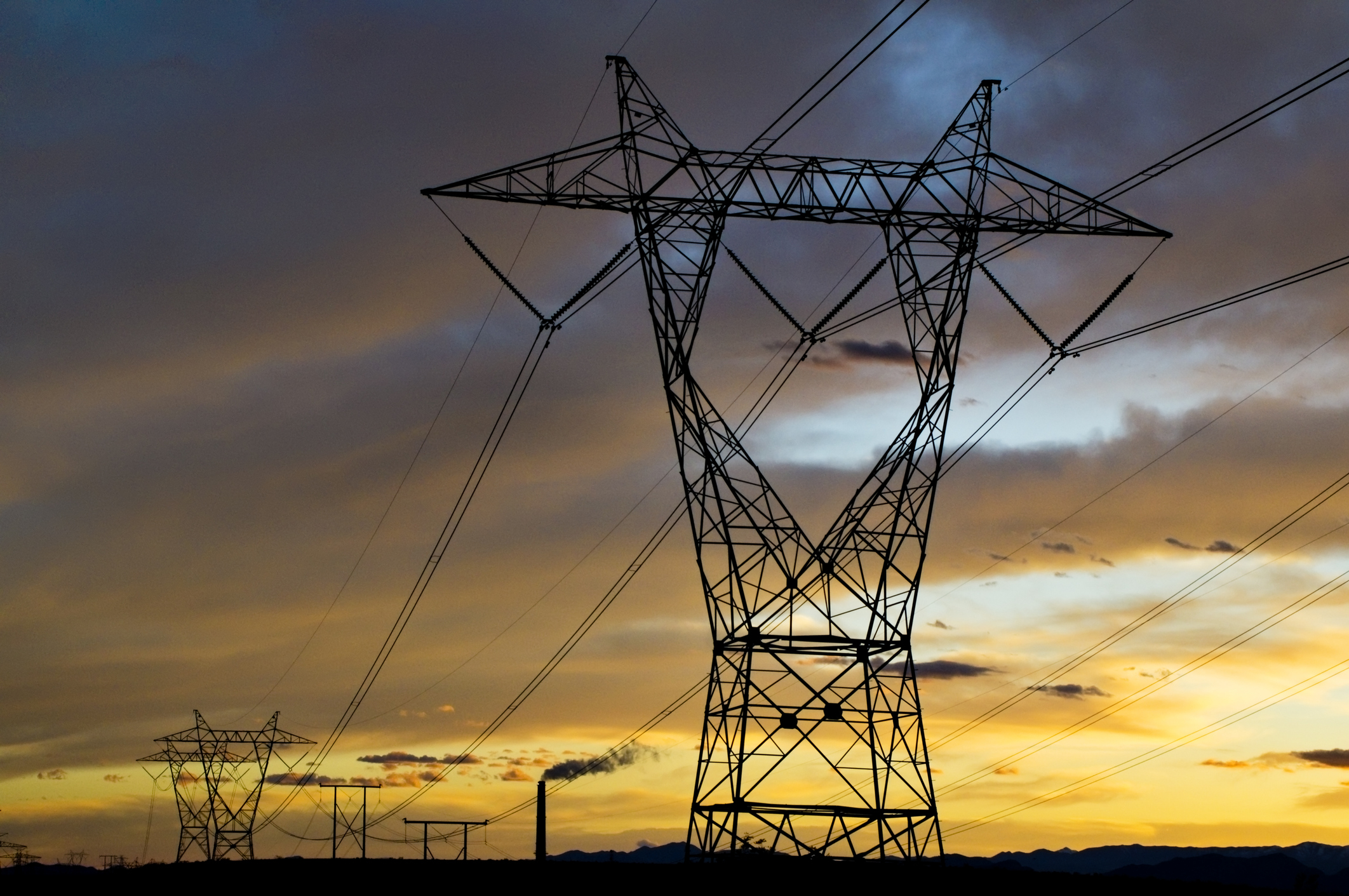
NERC Standard Extends Maintenance Program Obligations to Generators
février 3, 2014
The approval of NERC Standard PRC-005-2 extends protection system maintenance obligations to Generators and crates one comprehensive standard establishing minimum maintenance activities and maximum time intervals for protection systems and load shedding equipment affecting the bulk electric system.

Dylan Achey
Dylan Achey is TRC’s Manager of Generation Engineering Services. He has been leading the effort with TRC generation clients on evaluating and providing updates/information so that clients can meet applicable NERC standards. His highly technical staff perform NERC compliance standard evaluations as well as studies for both generation and transmission clients that need assistance on technical issues concerning NERC compliance. Contact Dylan at mailto:dachey@trccompanies.com.

Dwayne Stradford
Dwayne Stradford serves as TRC’s NERC Compliance Director in the Power Division. He is leading and coordinating TRC’s NERC compliance support services with our various power utility clients. He is an accomplished, diverse energy professional with over 30 years of engineering experience regarding real-time transmission operations, short/long term transmission planning, NERC Reliability Compliance Standards (both NERC-CIP and NERC O&P), Transmission Reliability Assurance, utility scale renewables integration, FERC Regulatory/RTO policy, and Project Management. He spent the bulk of his career (close to two decades) working for AEP but has considerable working experience in the electric utility industry as a professional consultant. He has worked with utility clients on transmission and generation related projects in all three interconnections, so he has breadth of regional BES experience throughout the entire country. Please contact Dwayne Stradford for more information.

